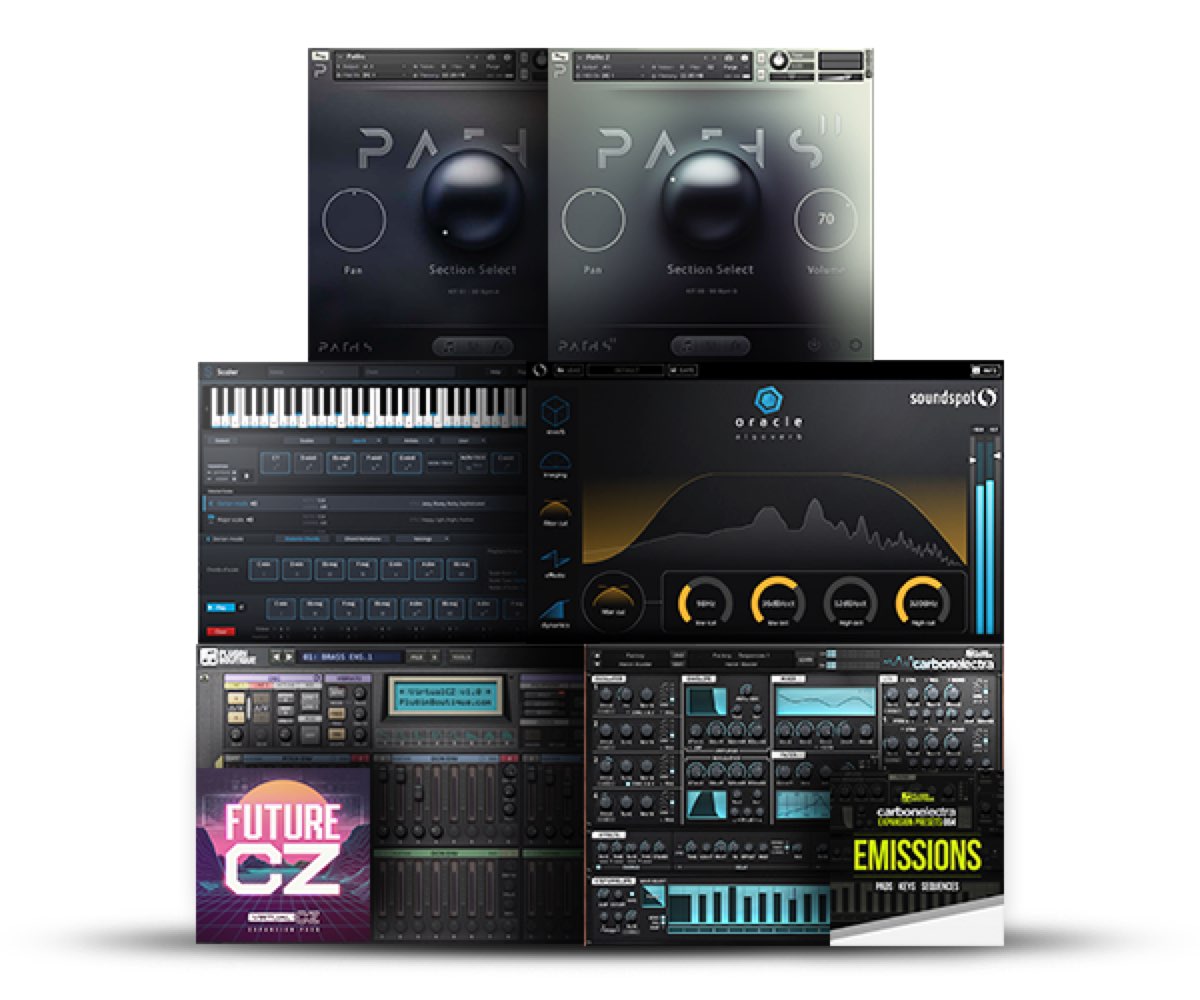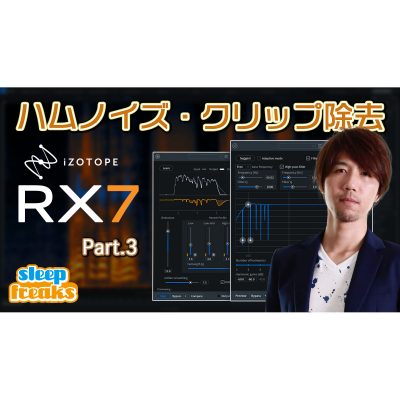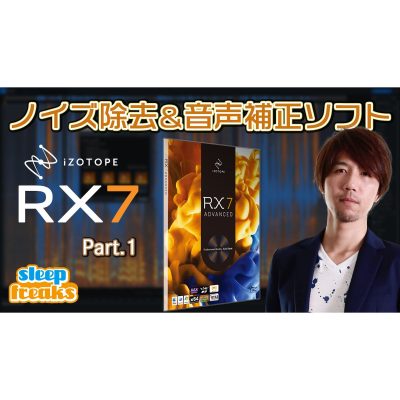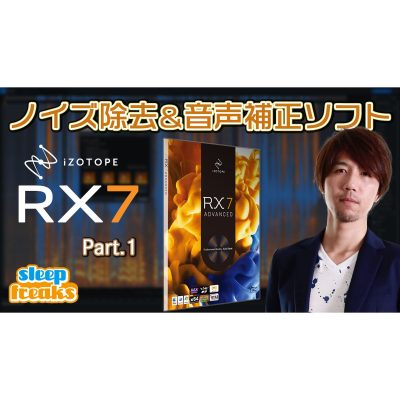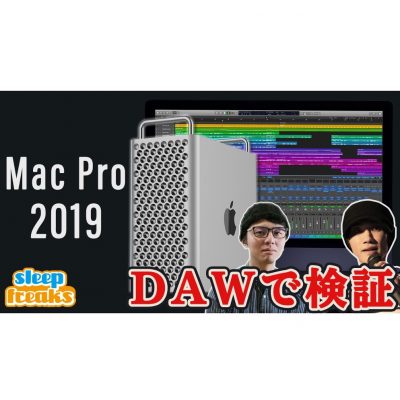Japanese Hit Songwriter Yusuke Shirato’s Song Writing Process
A Look into Yusuke Shirato’s Song Writing Techniques
白戸 佑輔 / Yusuke Shirato
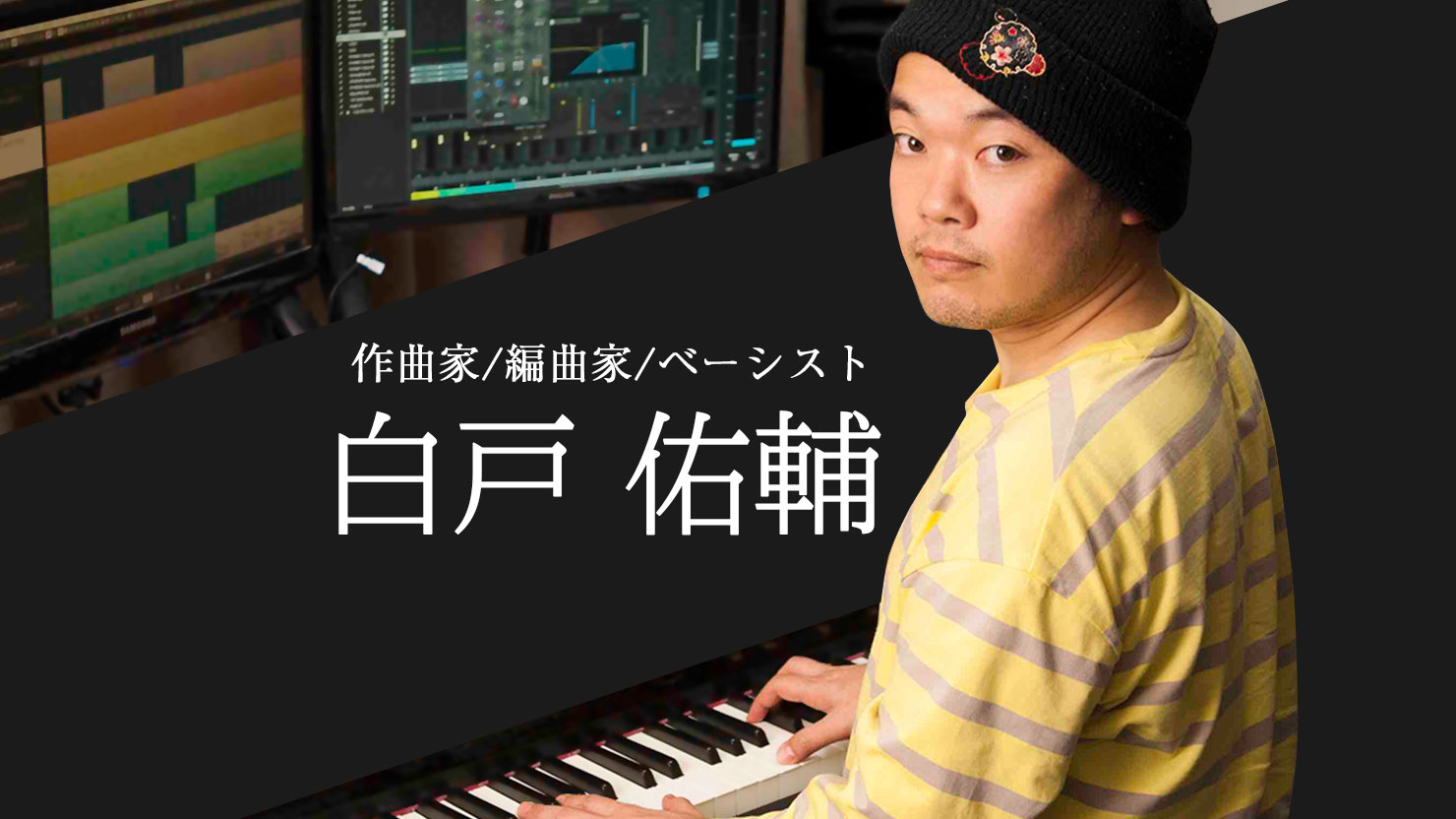
Born 1981 in Ibaragi, Japan. Started learning classical piano from a young age.
He began playing drums and song writing in high school, and continued his studies at the Tokyo College of Music’s composition program. While writing songs for chamber/orchestral music, he started playing bass from his third year in college and worked as a bassist after graduating.
From 2007 he began working as a song writer, and continues to create and record music for various artists to this day.
Currently, he works as an in-house song writer for DreamMonster.
His anime and idol music themed around pianos and strings, as well as his heartfelt ballads have been highly regarded by the industry.
He has created anime theme music, TV songs, background music, and even pachinko, movie, and game music.
Twitter:@sirato10
Keyakizaka46 “Sekai niwa Ai shika Nai”
JUNNA “Here”
About this Content – Tatsuki Kanaya
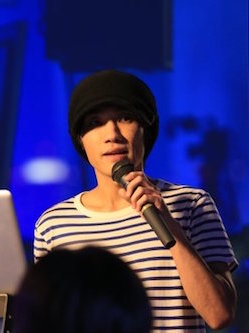
In addition to our lessons and content, we often receive requests to see “an inside look at production”.
With the help of professional song writer Yusuke Shirato, we were able to create this content.
We asked him for alot by having him create a melody/chord progression/song arrangement from scratch!
During the process, he will apply new ideas while making necessary and creative adjustments as he moves along.
It’s a great look into the struggles that even professions face during the creative process.
In addition, you can see that every creator will inevitably end up with their own unique product with their own quirks and signature styles.
With no right or wrong answers, we get an intimate look into the thought process and path way that one song writer takes on their path to creating a song.
We hope this content motivates you and helps you on your path to writing music!
Song Writing Video Access
Highlights from the Video
We have compiled highlights of key points mentioned by Yusuke Shirato in this video.
When Producing a Song, BPM (Tempo) is Important
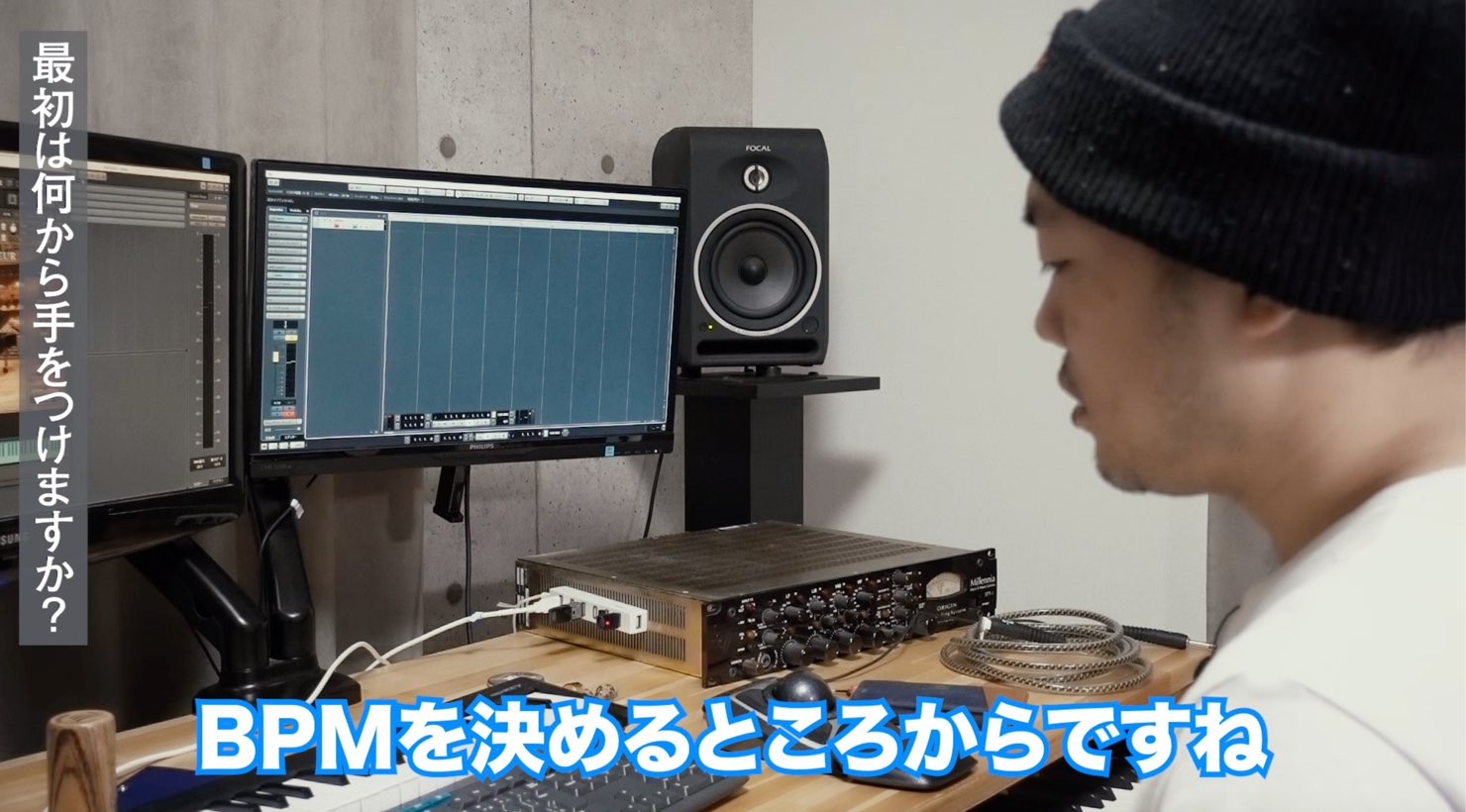
Setting the correct tempo is essential for determining the feel of a song.
When producing a song, I start by setting the final BPM (tempo) from the start.
I let the click play while playing the piano to get the right image, while making small adjustments to the tempo until I find the sweet spot.
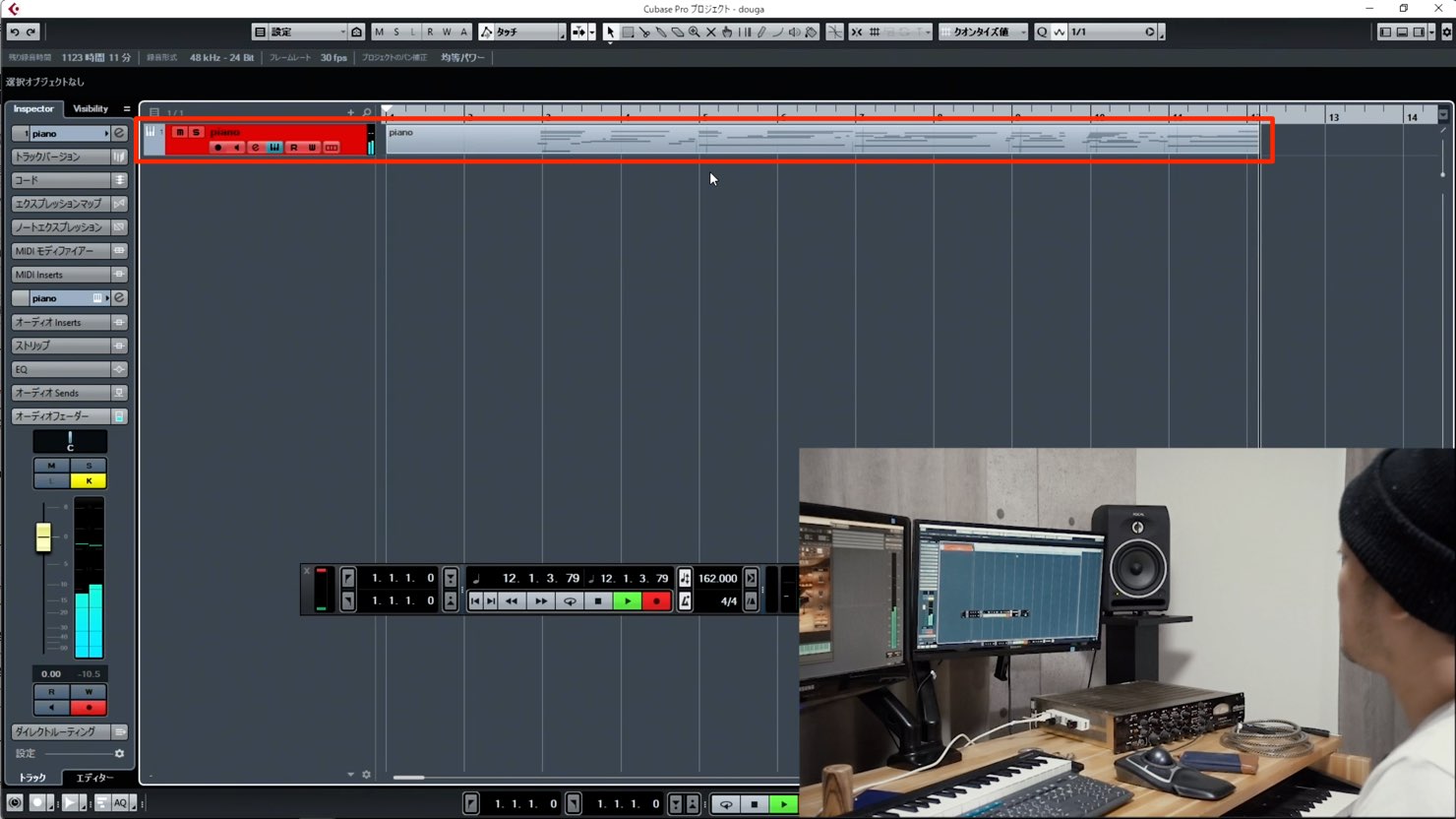
After determining the tempo, I use the instrument that I’m best at (piano) to record a song image.
Sequencing Melody
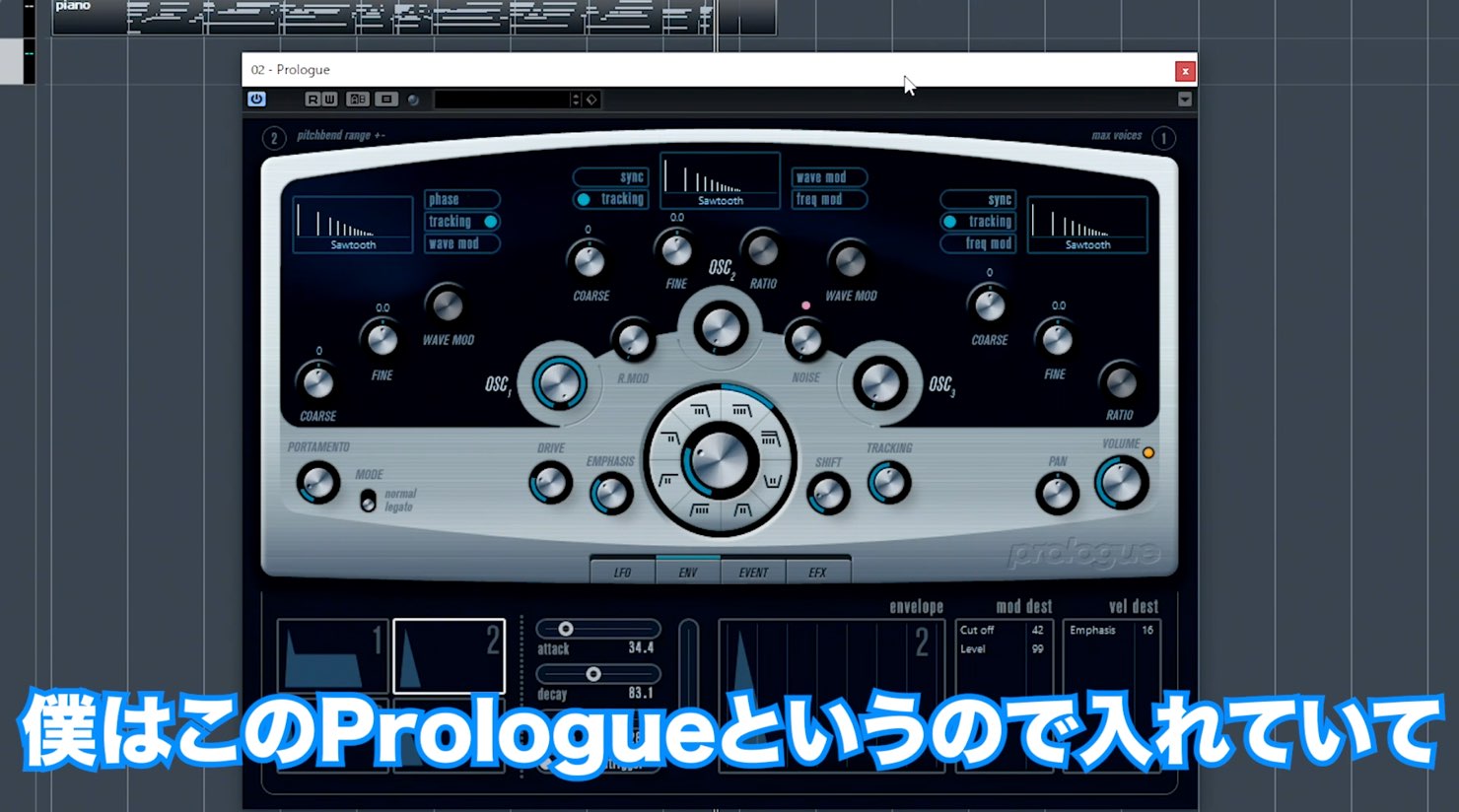
When thinking of a melody, I’ll start with a synth (Prologue in Cubase).
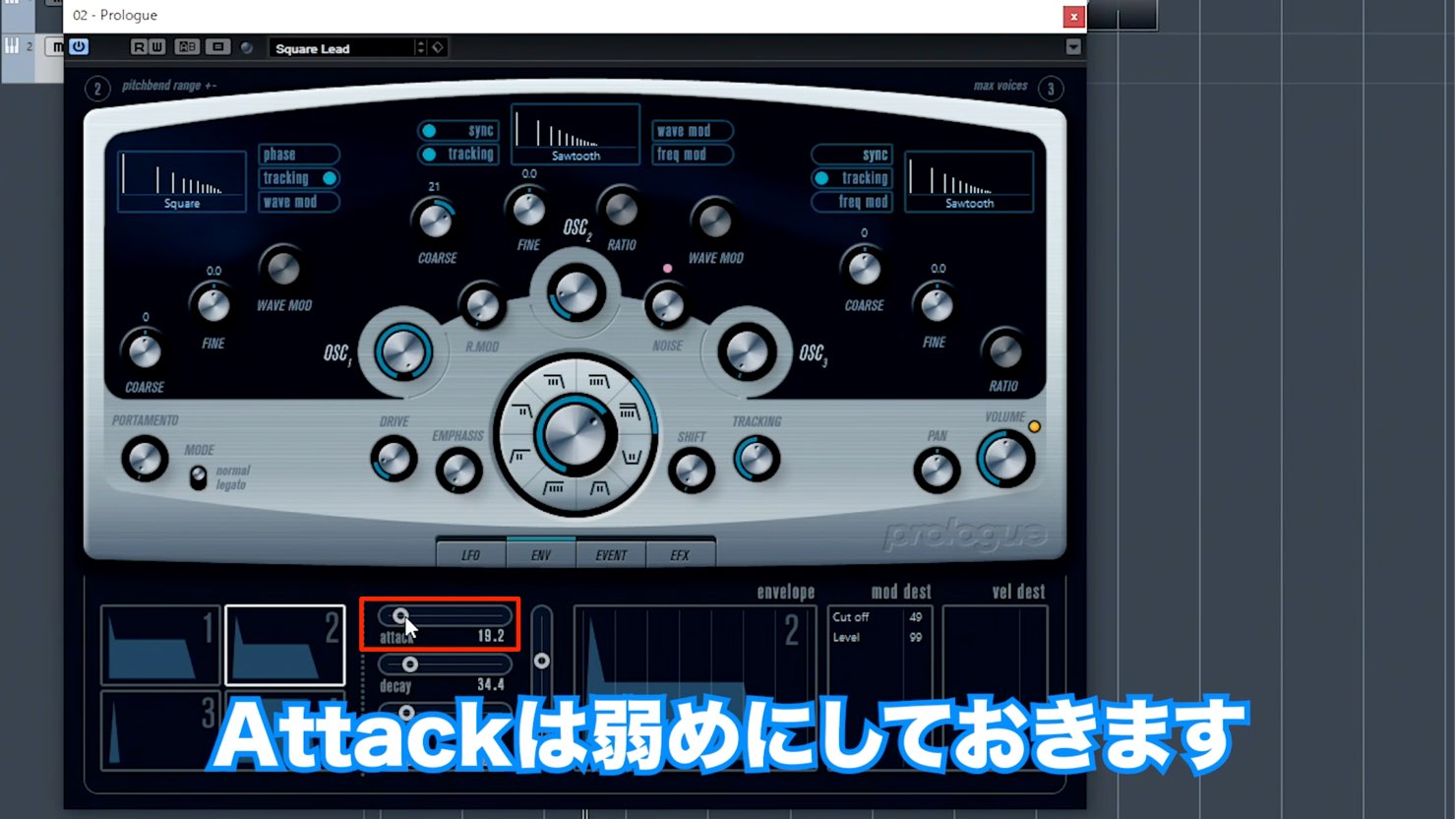
I recommend the preset “Square Lead”.
In this video I’ve selected the “Sawtooth” waveform to customize the sound.
By setting the “Attack” slower, I’ve made the sound easier to listen to over a long period of time as well.
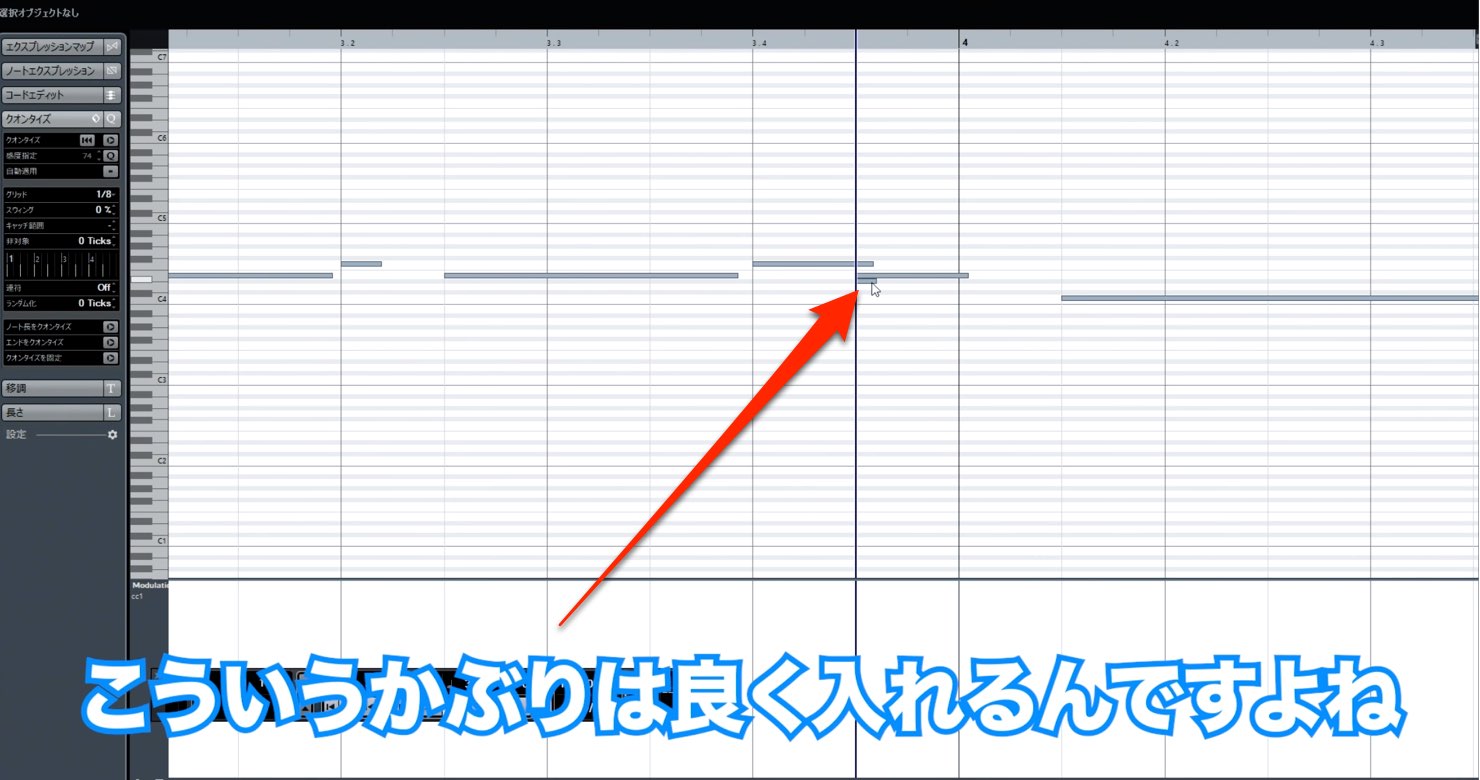
When recording the melody I’ve input some “embellishment” style MIDI notes as well.
By doing so, it makes it easier to imagine how it will sound when actually sung.
Importance of Breath
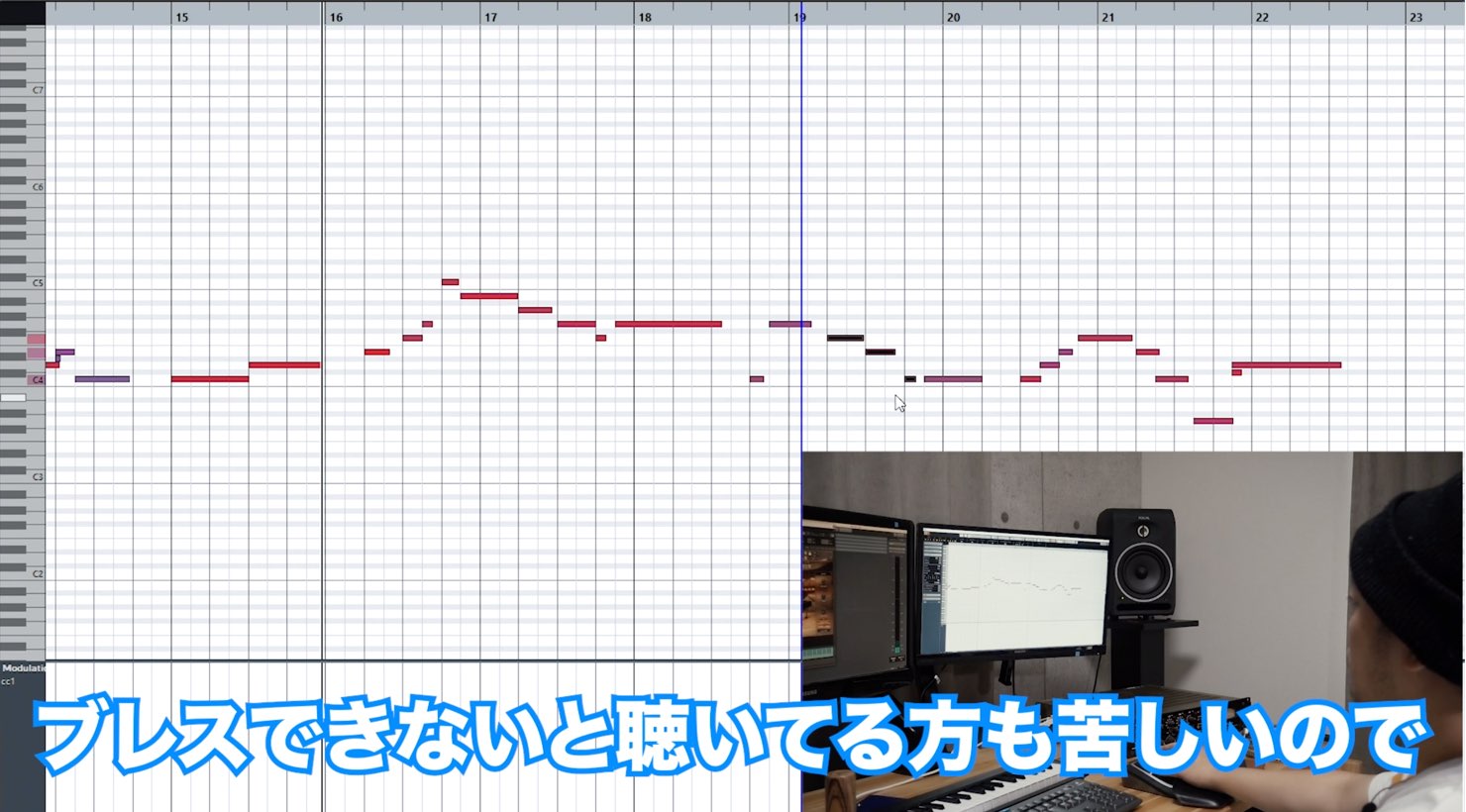
When making a melody, it’s important to keep breath (where the singer will breath) in mind.
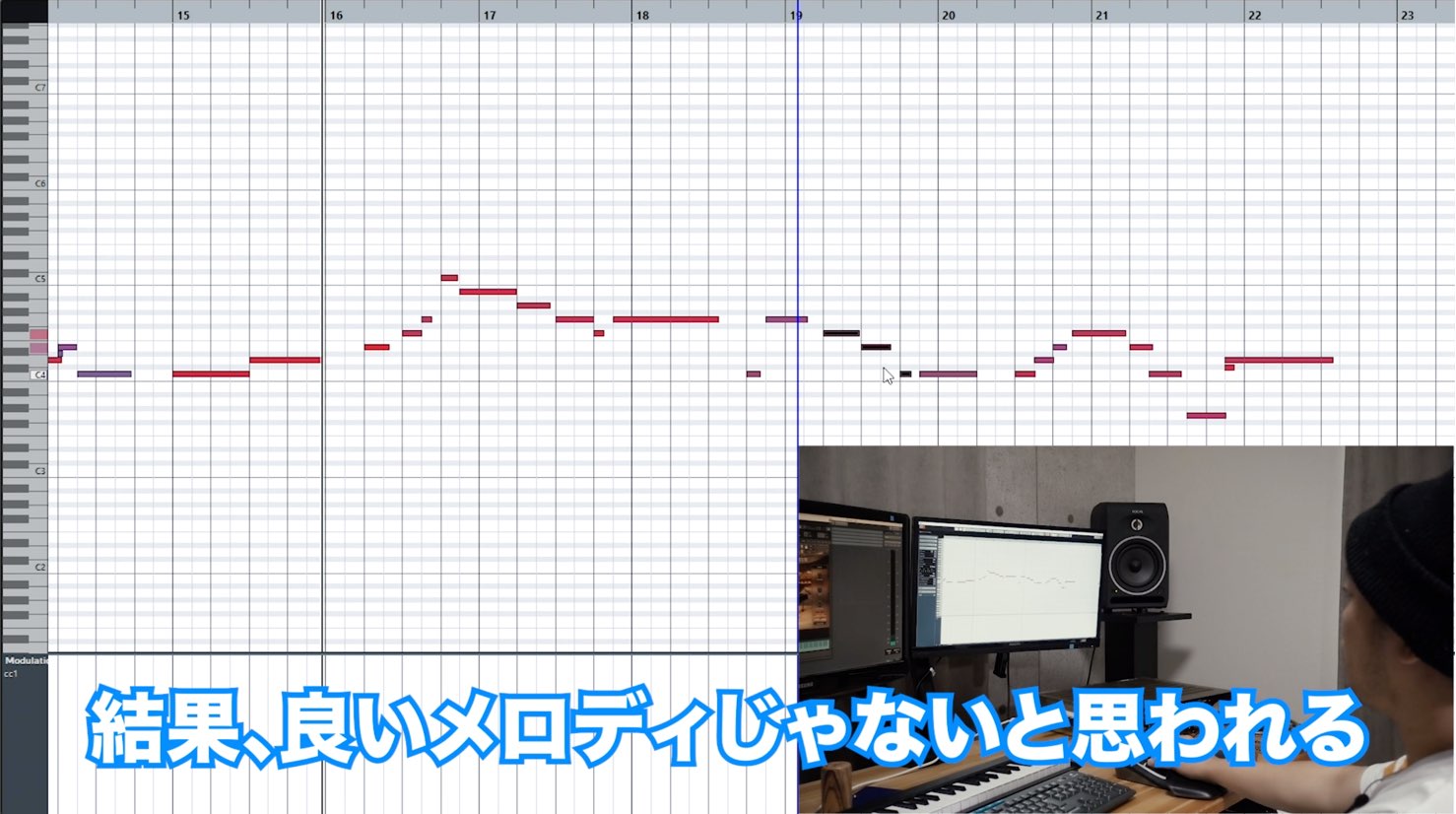
I’ll usually make a melody with the goal of having an actual singer eventually sing it.
Utilizing Track Versions
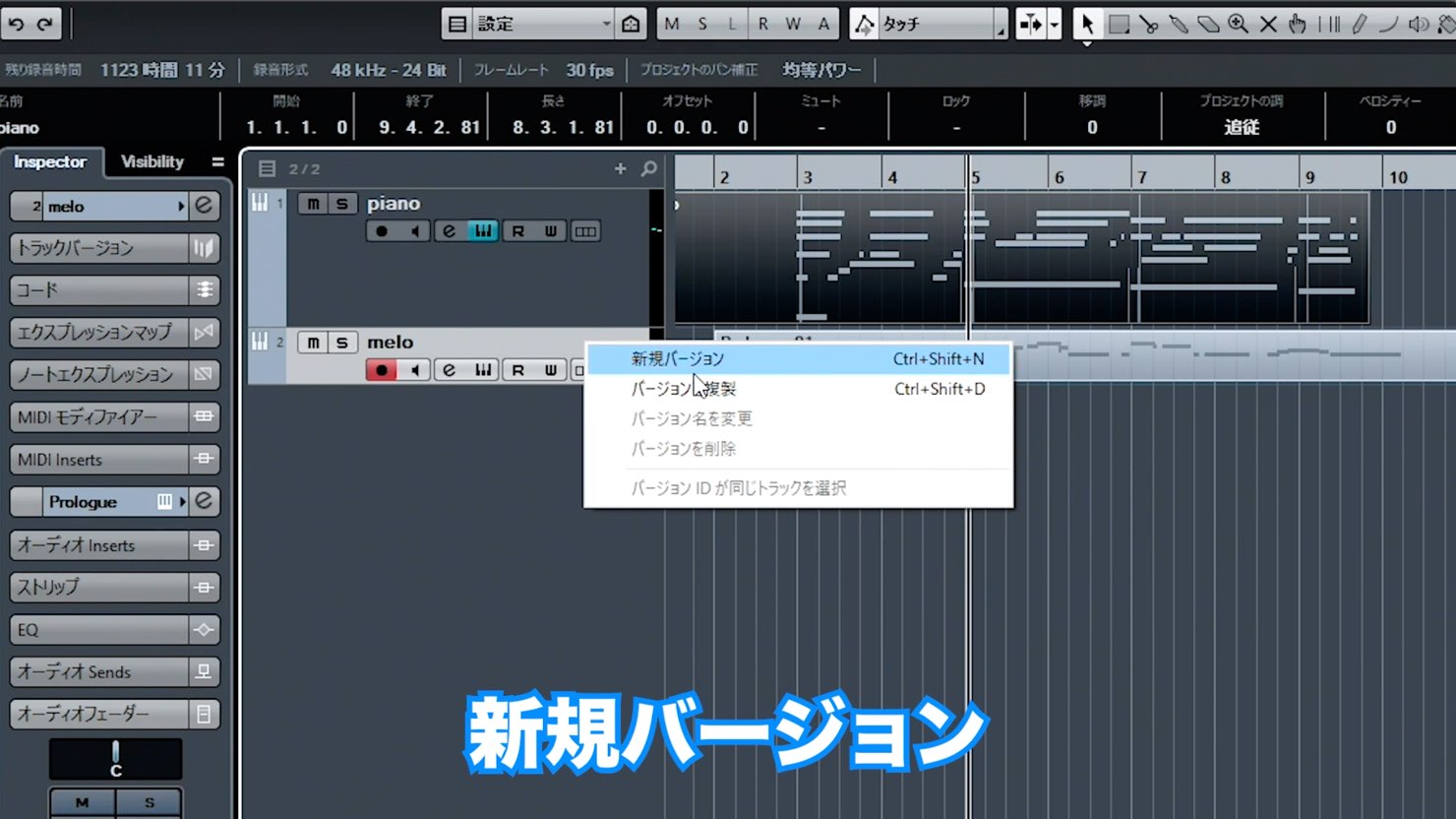
When creating a song, there are many instances when you want to keep multiple variations for consideration.
Cubase7.5+ has a “Track Version” function added that allows you to instant switch track contents and preview between them.
Selecting Drums to Fit the Style
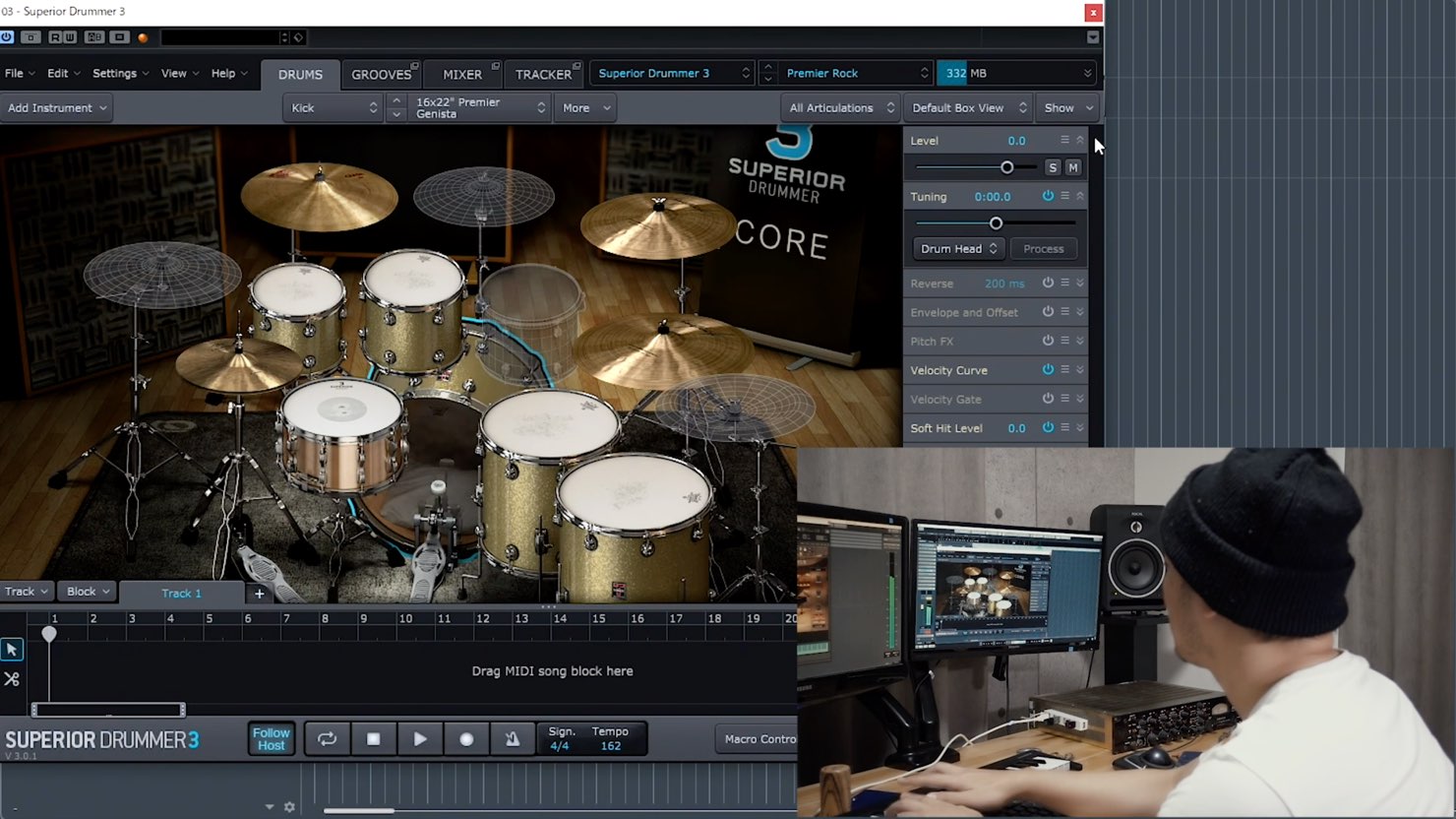
Once the melody and chord progression has progressed, I’ll move onto sequencing drums.
Here I use「Superior Drummer 3」, but I’ll often use「BFD3」or「Stylus RMX」depending on the style or genre.
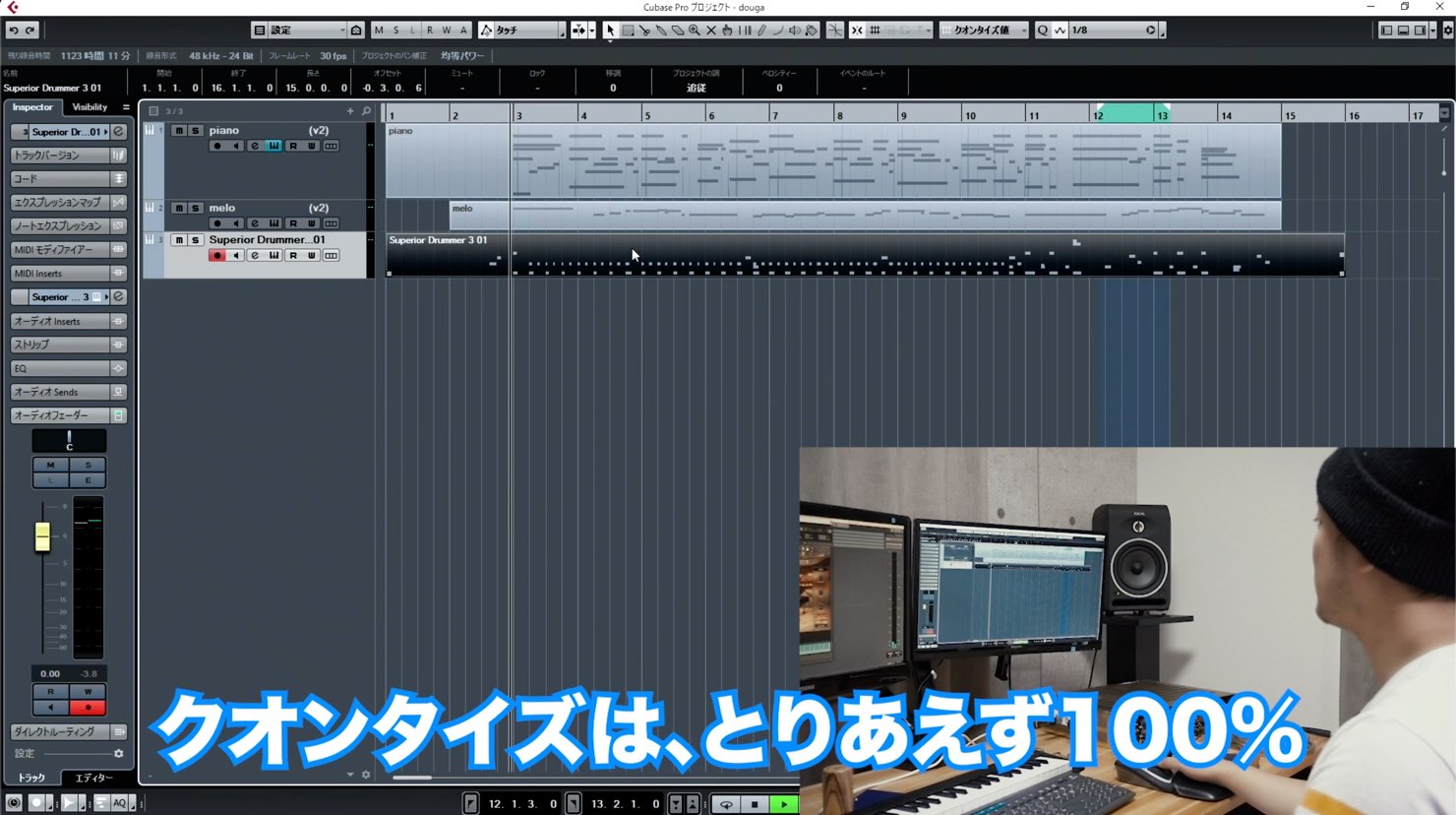
I’ll enter the drums in real time to speed up the process.
I’ll quantize to 100% first and keep the beat to reference the feel of the track.
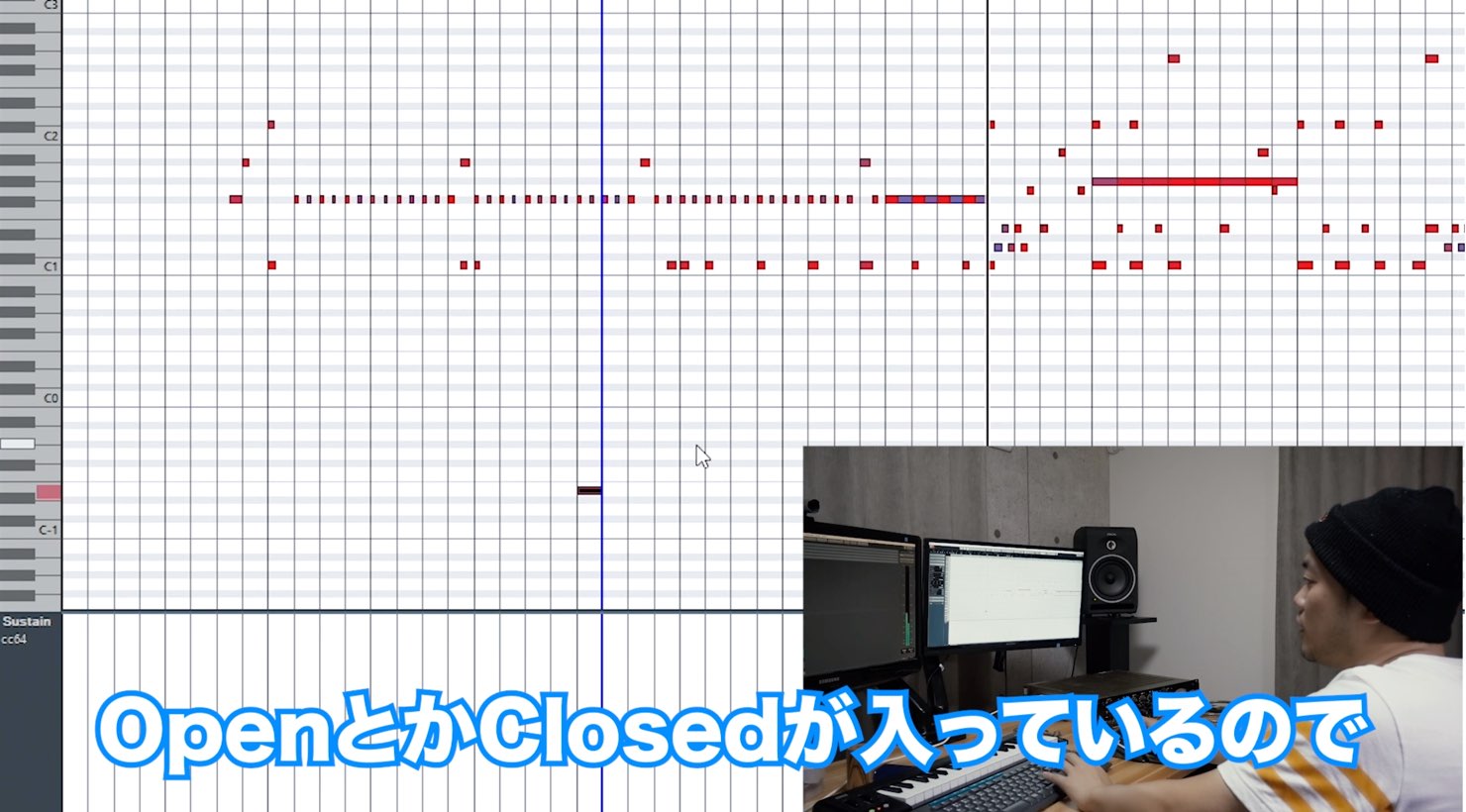
Making the drums build up just with velocity is difficult.
Because of this, I’ll use open/closed hi-hats to control build up.
Mouth Drums?
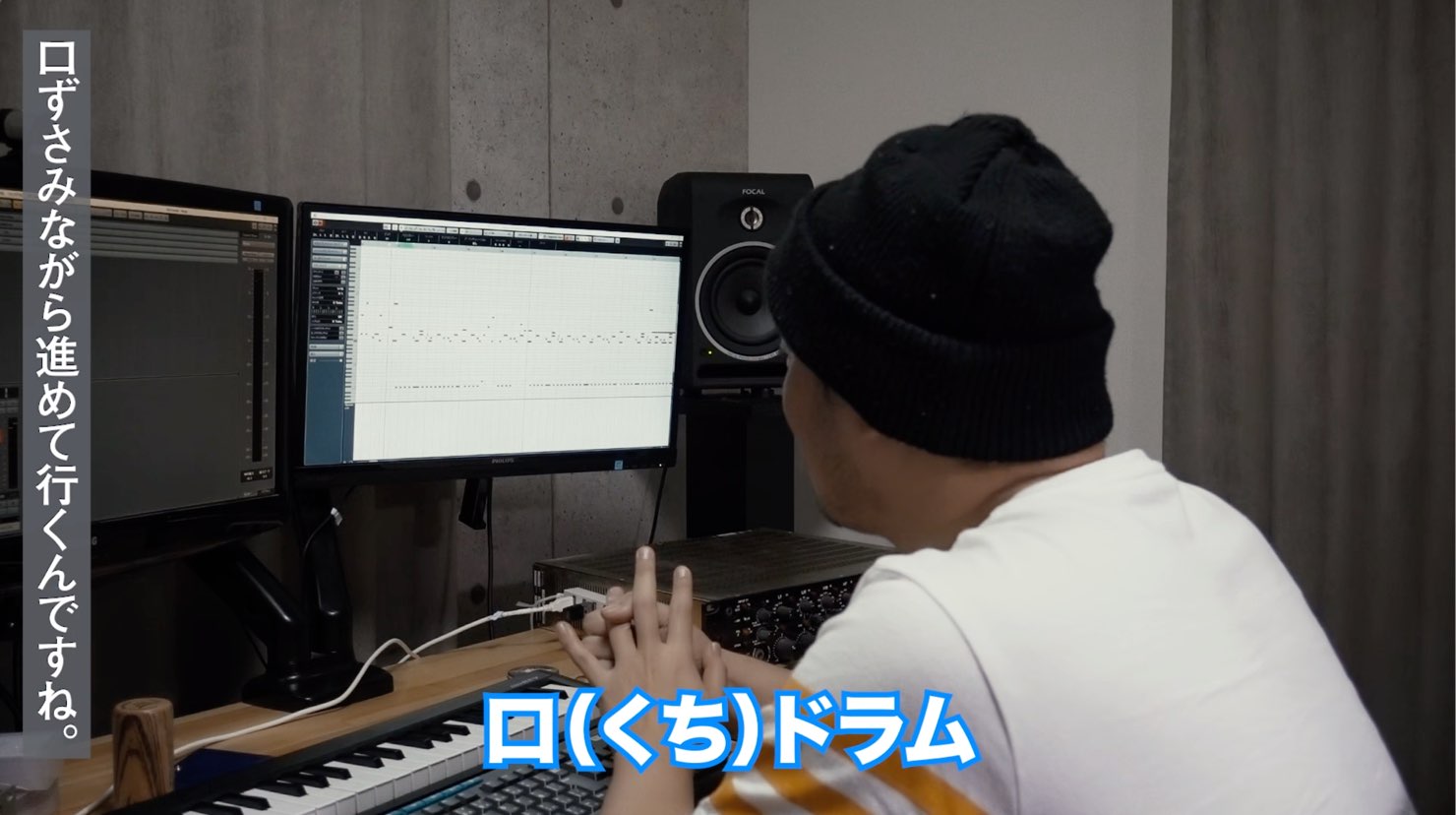
As a child may play air guitar and pretend to sing out guitar riffs,
I sort of beat box the drum ideas to check different beat ideas.
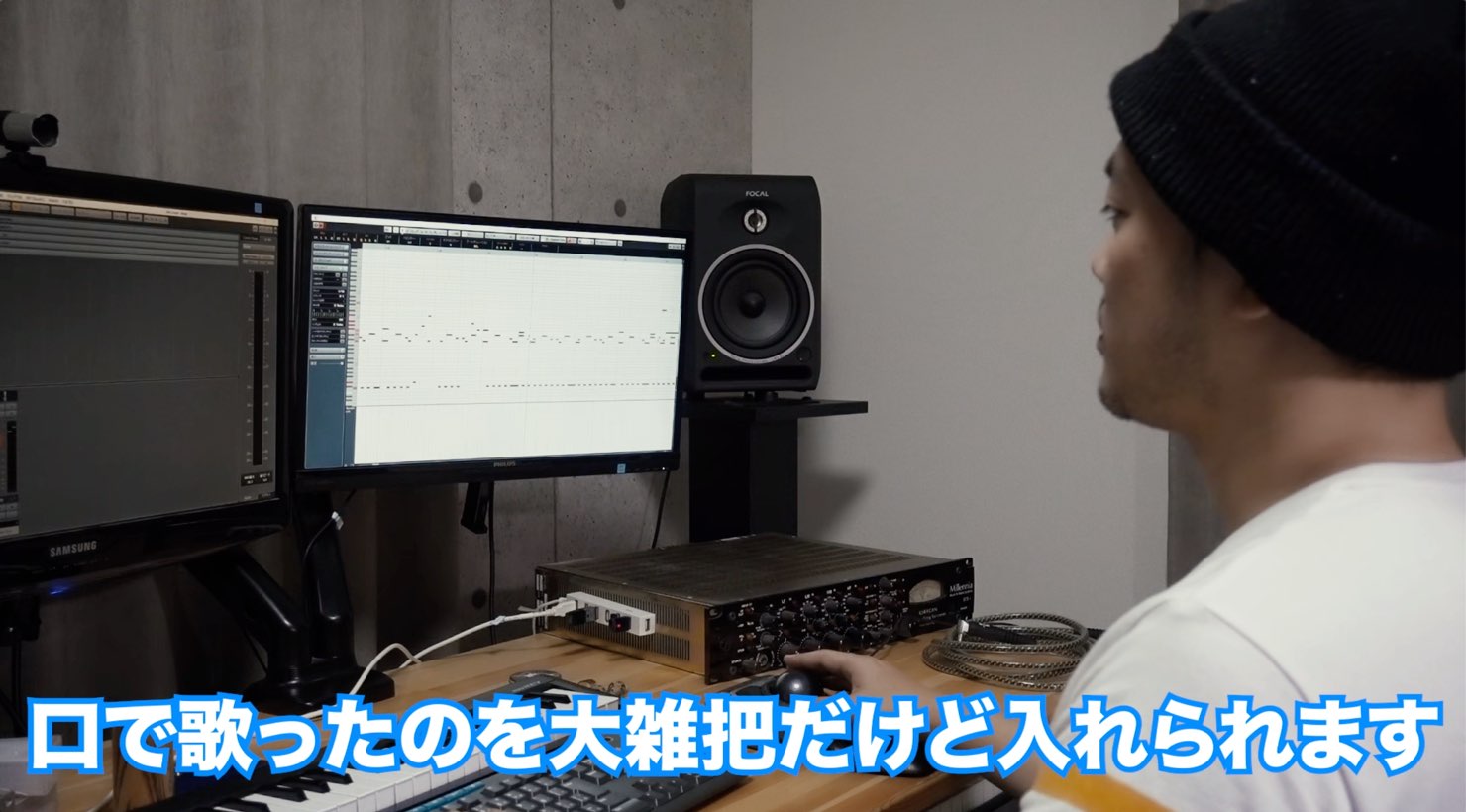
Once you learn how to sequence drums and use the piano roll, you can materialize these ideas.
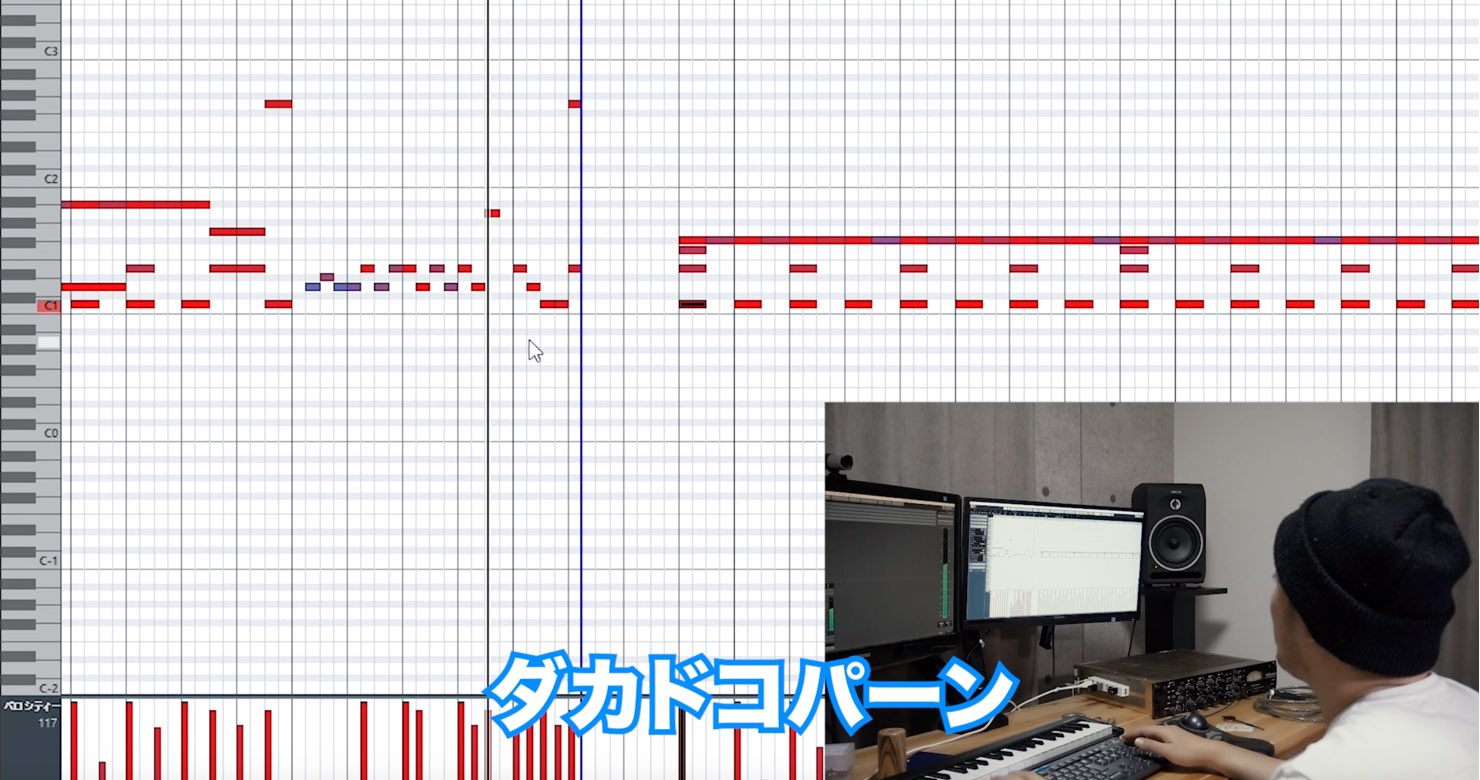
It sounds something like:
“DagadokoPaaan”
Don’t Worry About Wrong Notes
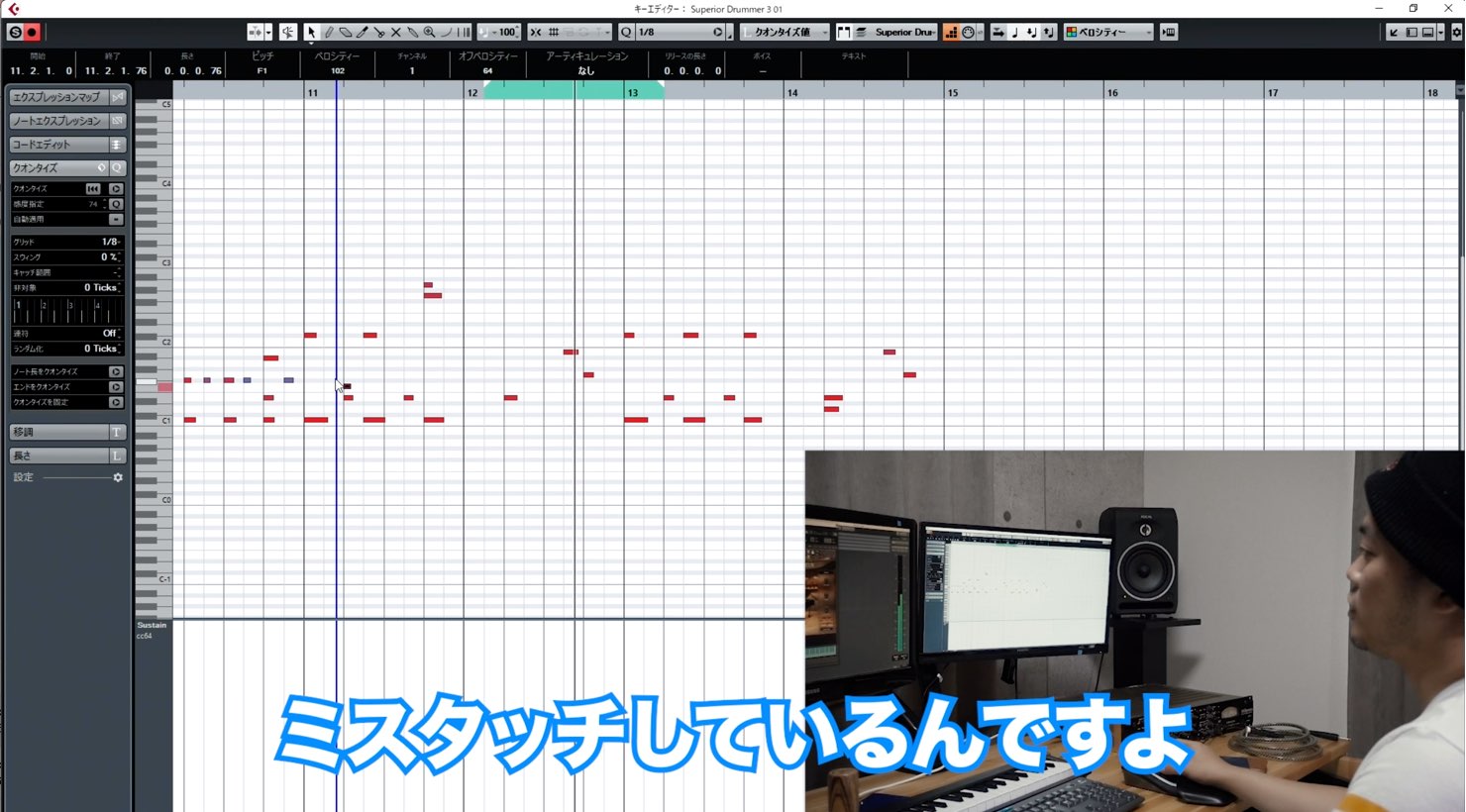
In song writing, you must be able to come up with multiple strong motifs (in J-POP, melody).
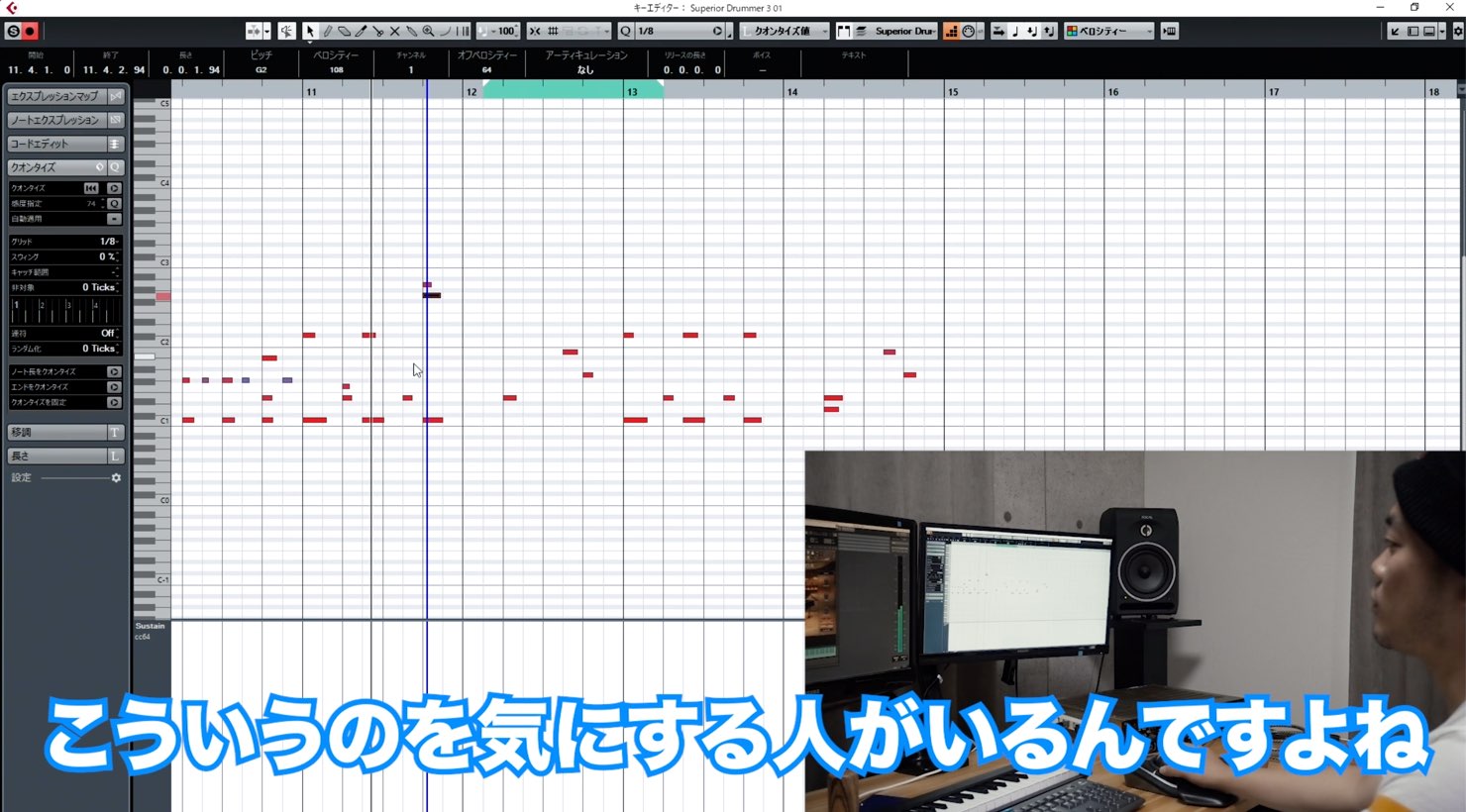
The best way to progress is to ignore small mistakes and focus on moving forward first.
More than focusing on perfection, I prefer to get ideas and inspiration out first during the song writing process.
Sequencing Guitar
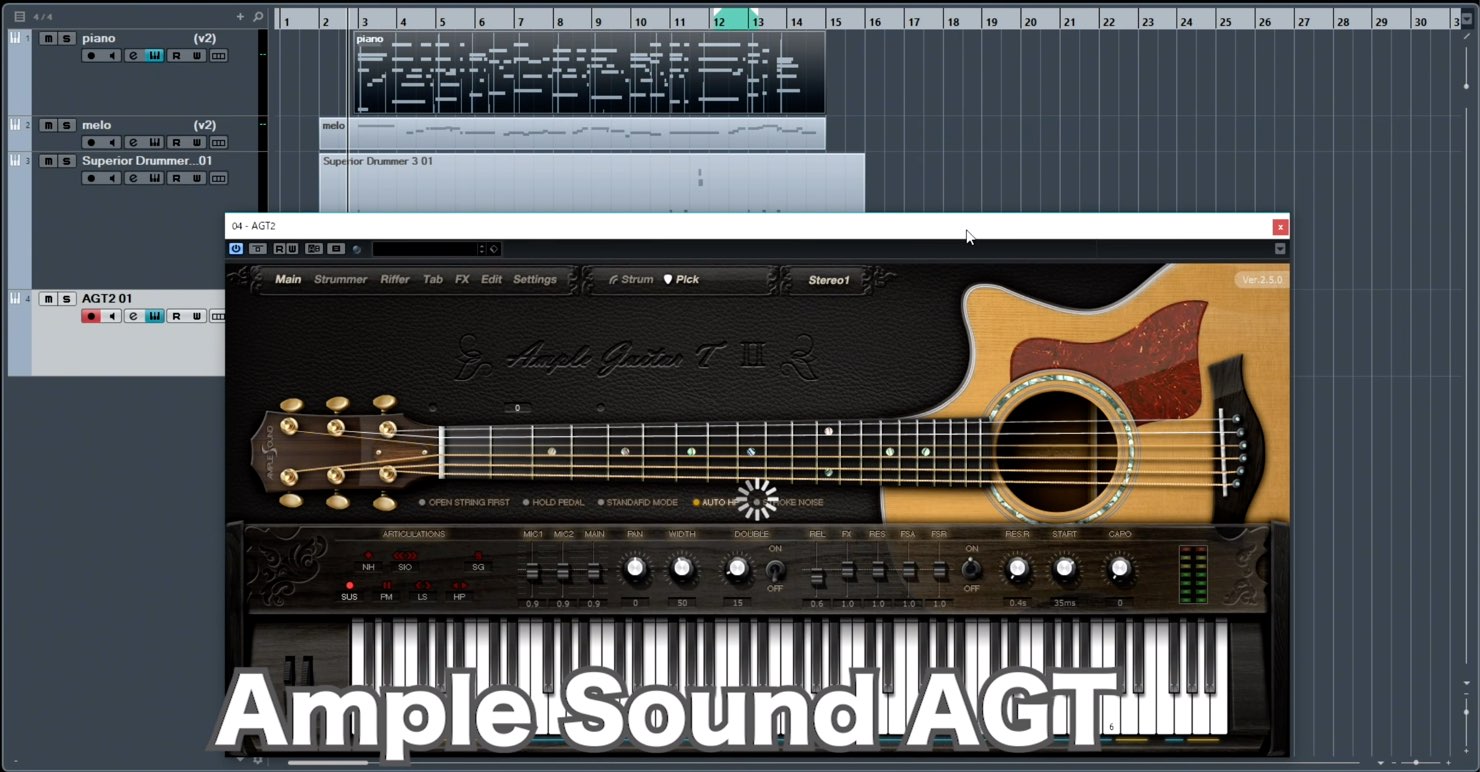
If the path to the chorus seems unclear, trying out different instruments (in this case acoustic guitar) can help you imagine how to get there.
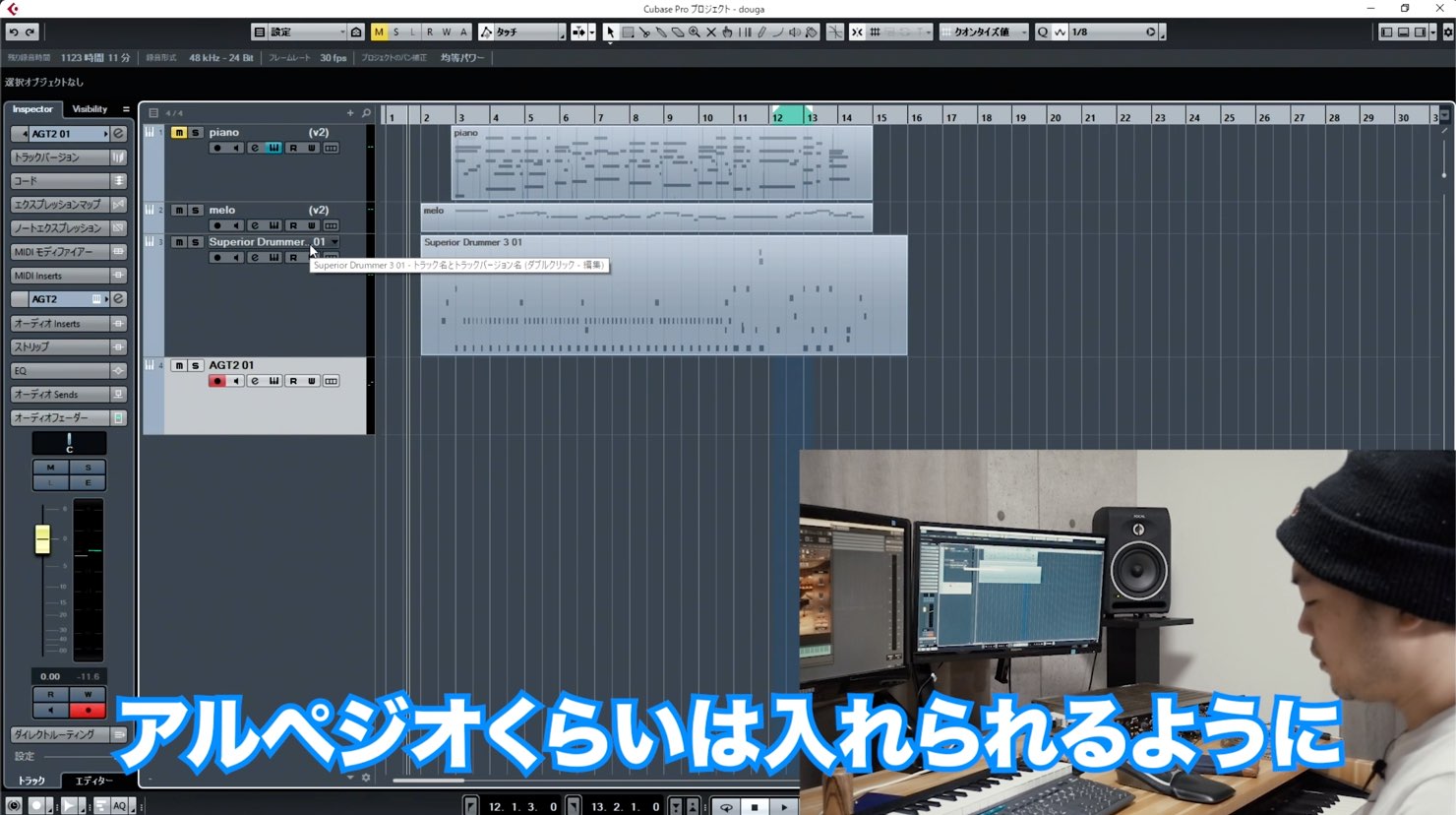
Regardless to whether or not you can play guitar, by playing in arpeggio phrases on your keyboard into a guitar sound, you can widen your approach to song writing.
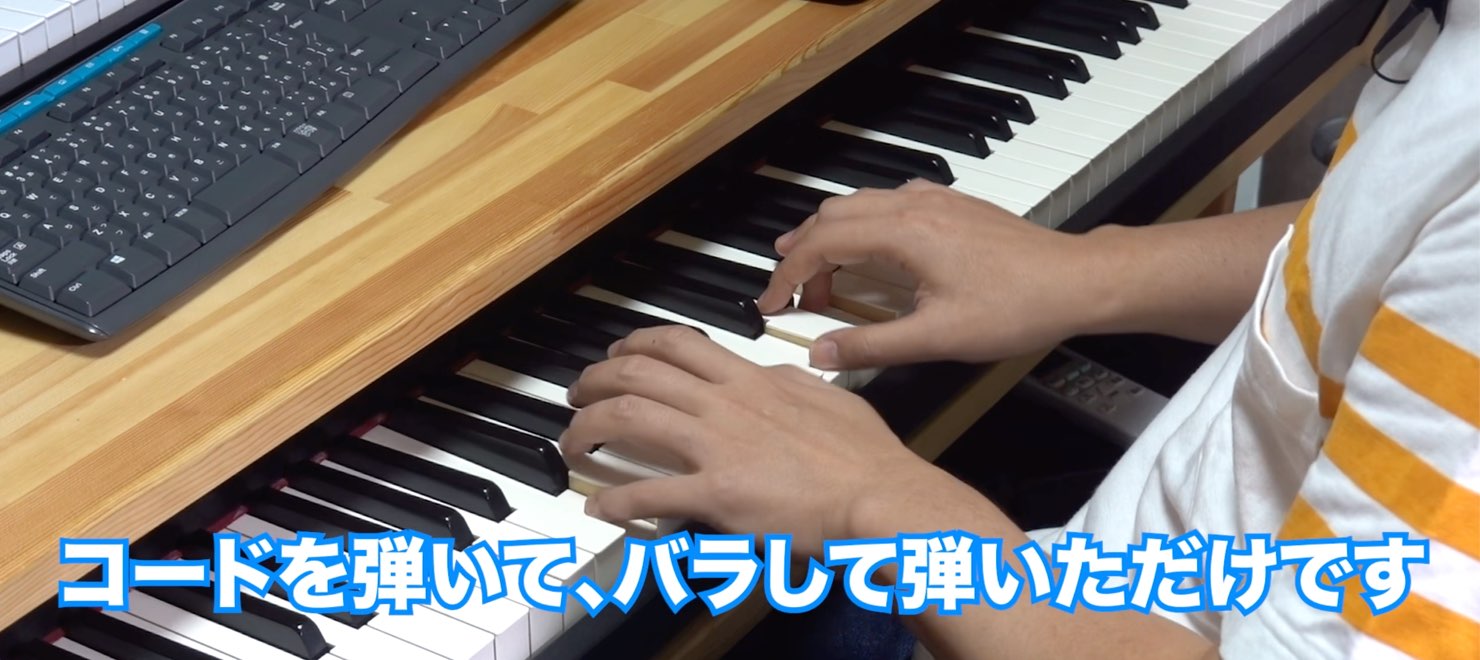
In many cases, the sequenced guitar parts will end up being played by a live guitar.
By getting in some phrase ideas into the song demo, it can help the guitarist have an idea of what you want for the song.
Adding a 9th to Chords
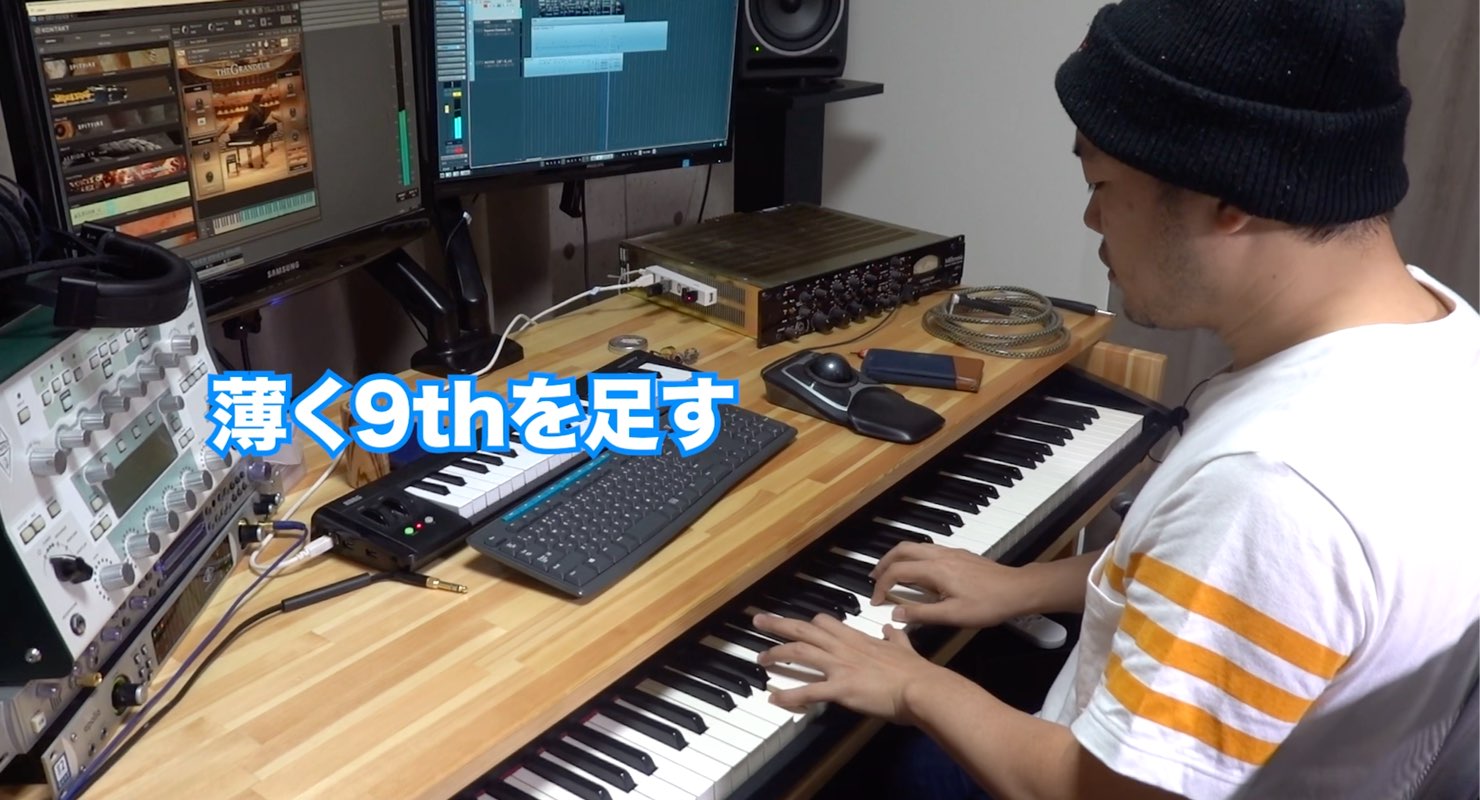
For a “Ⅵm” chord, I’ll often add a 9th (add9).
It adds that distinct soft character to the sound.
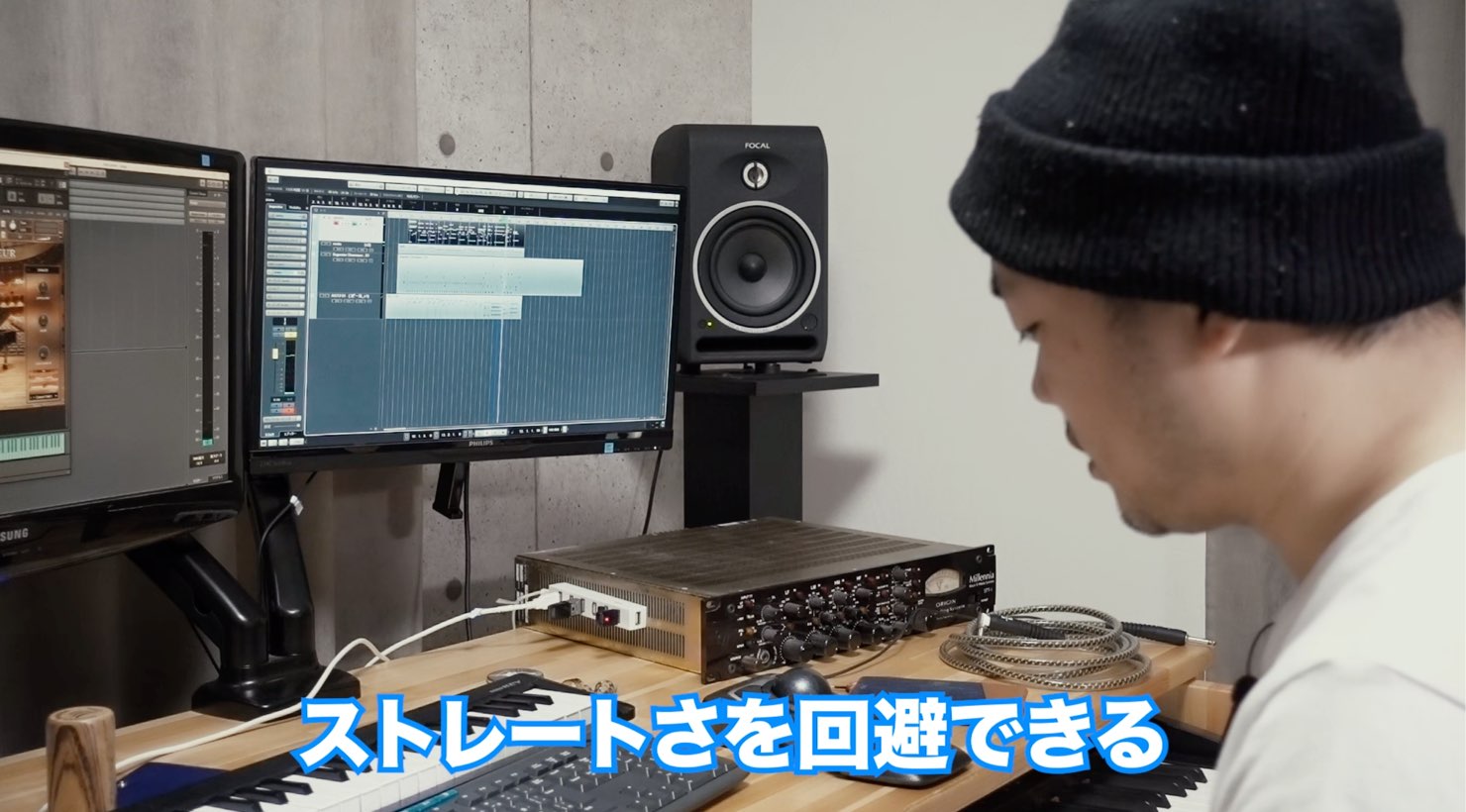
By adding a 9th to a Ⅳ chord, you can avoid sounding too plain/straight as well.
Adding Excitement to the Song
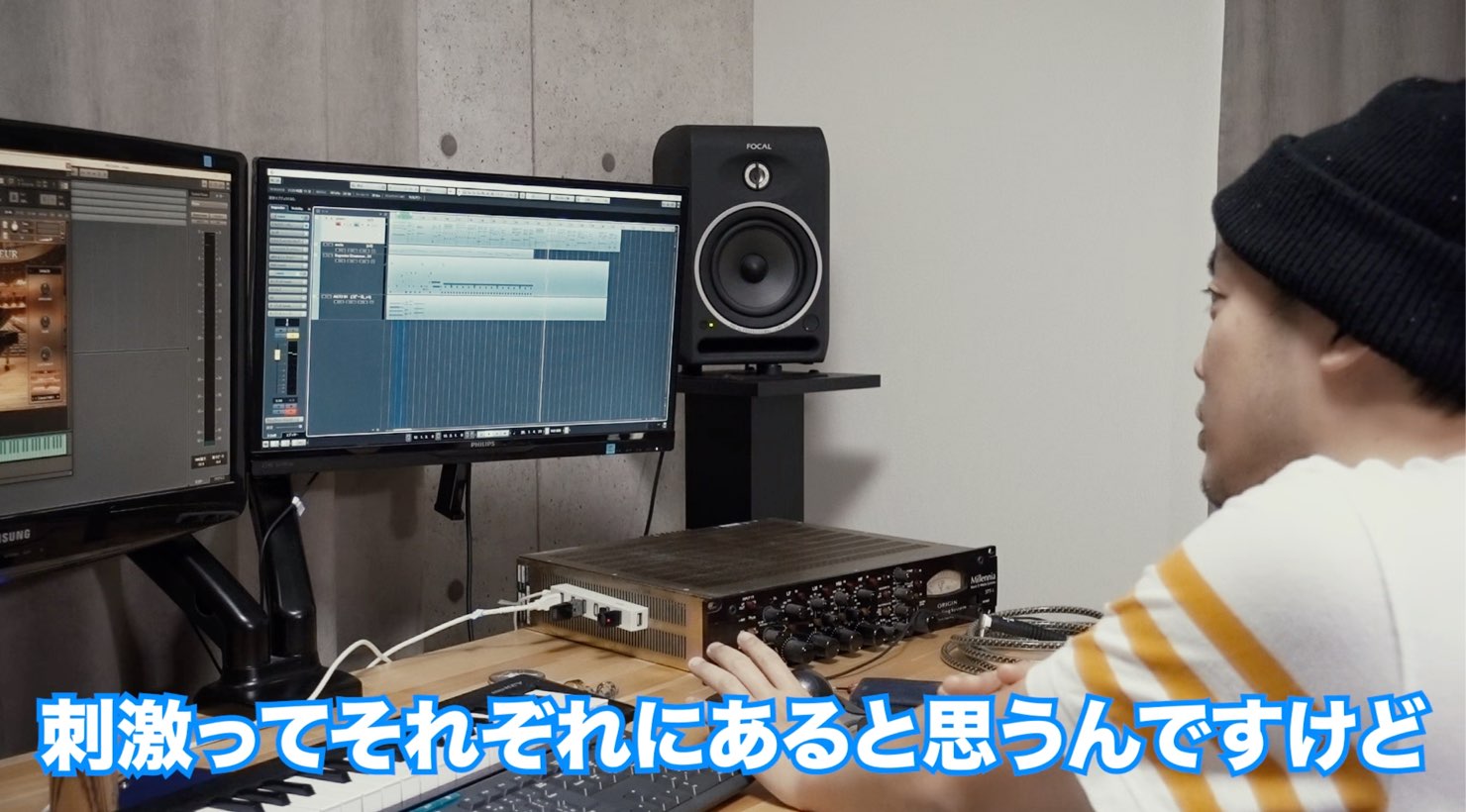
To avoid making the song too stagnant, I’ll implement a variety of approaches (accents).
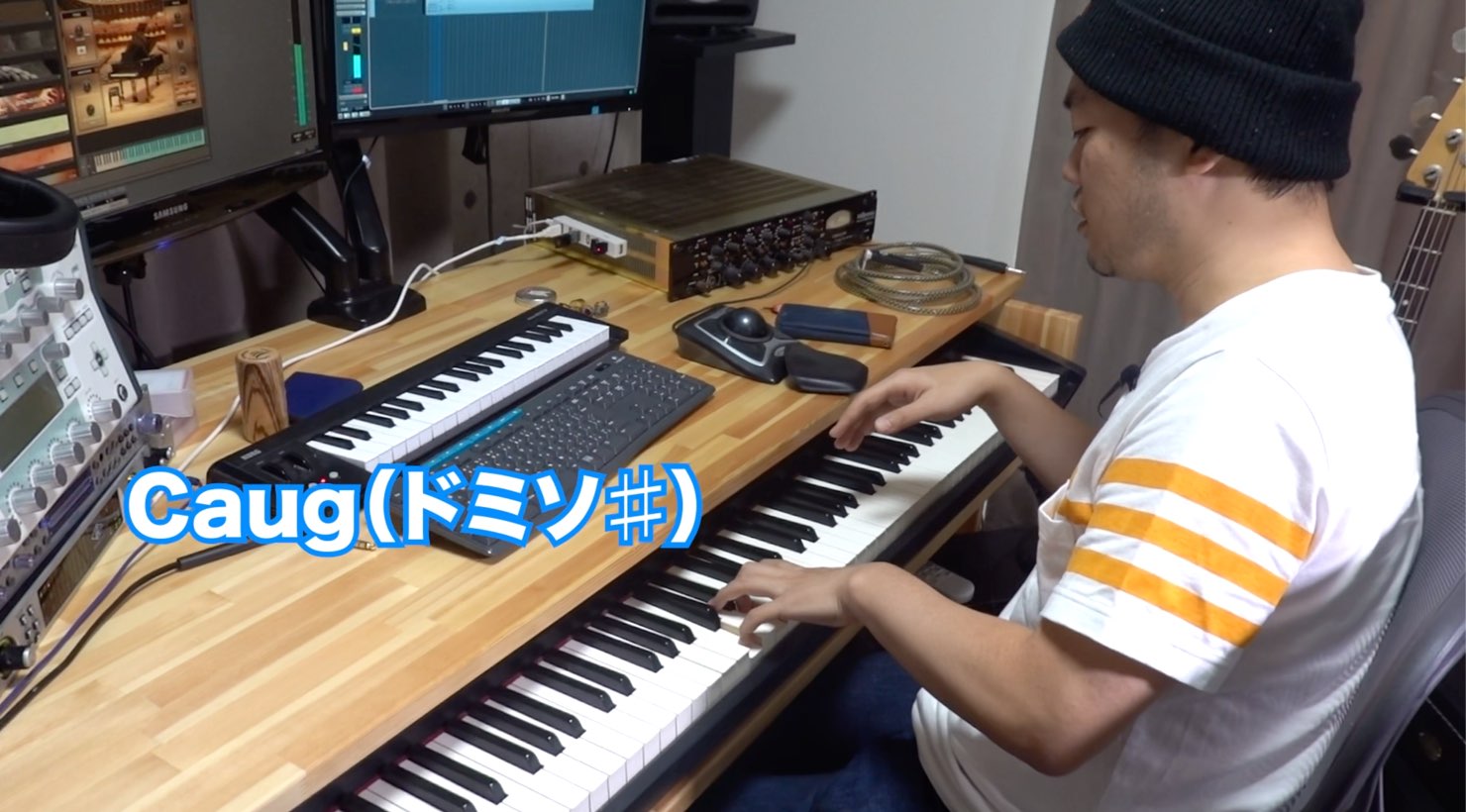
Adding a “♯5” or “♭5” to create tension in a chord can help tighten up the build up.
Staying Within the Boundaries for J-POP
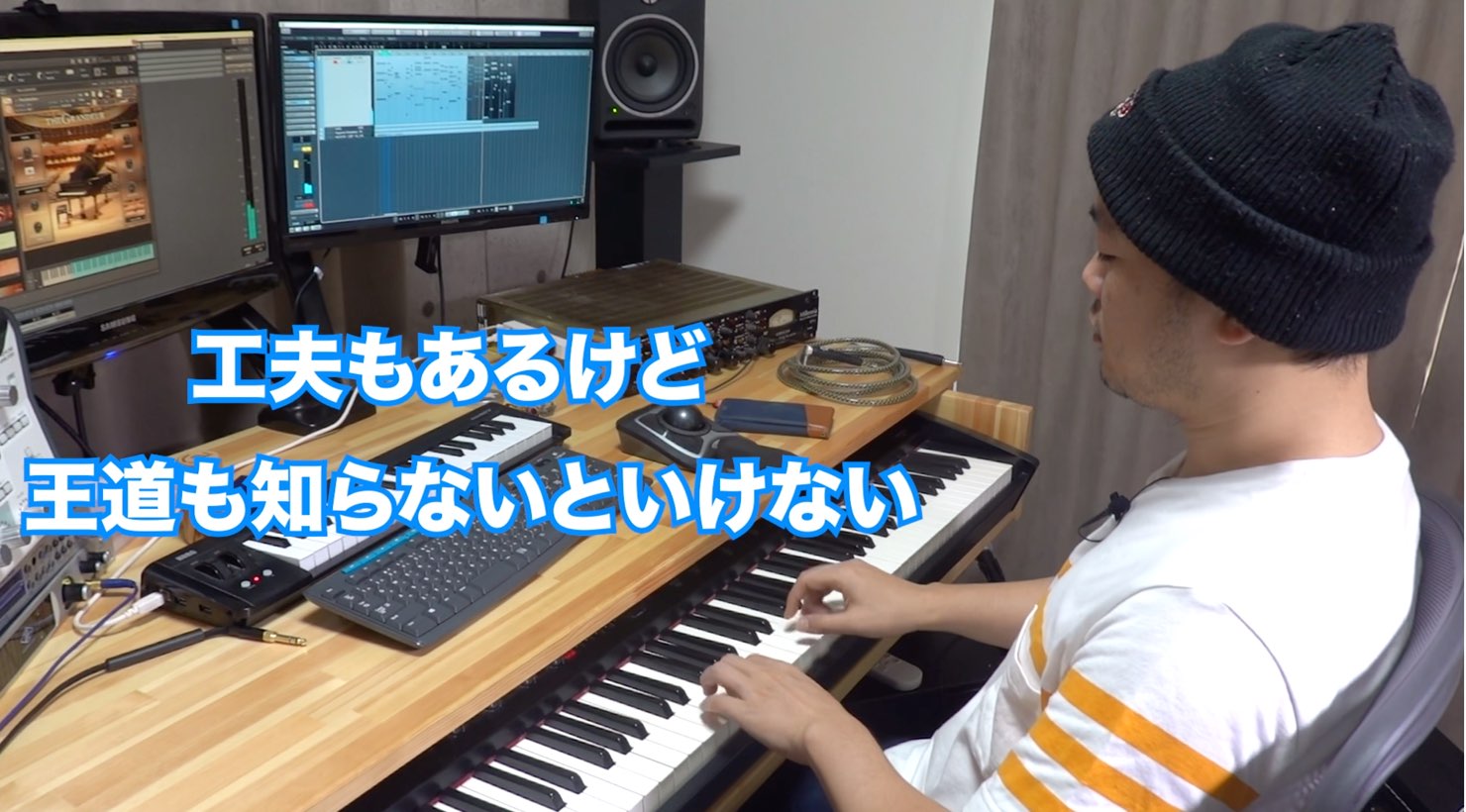
It is important to be original and have a distinct style.
However, it is also just as important to study and analyze patterns and songs that are known to work, and be able to keep them in mind during your own song writing process.
Avoiding Cliche Conclusions
After using unexpected progressions to surprise a listener, I’ll use a cliche conclusion to help bring the song back to a comfortable place.
I’ll make sure to check if a non-conventional progression will conclude comfortably into a regular chord progression.
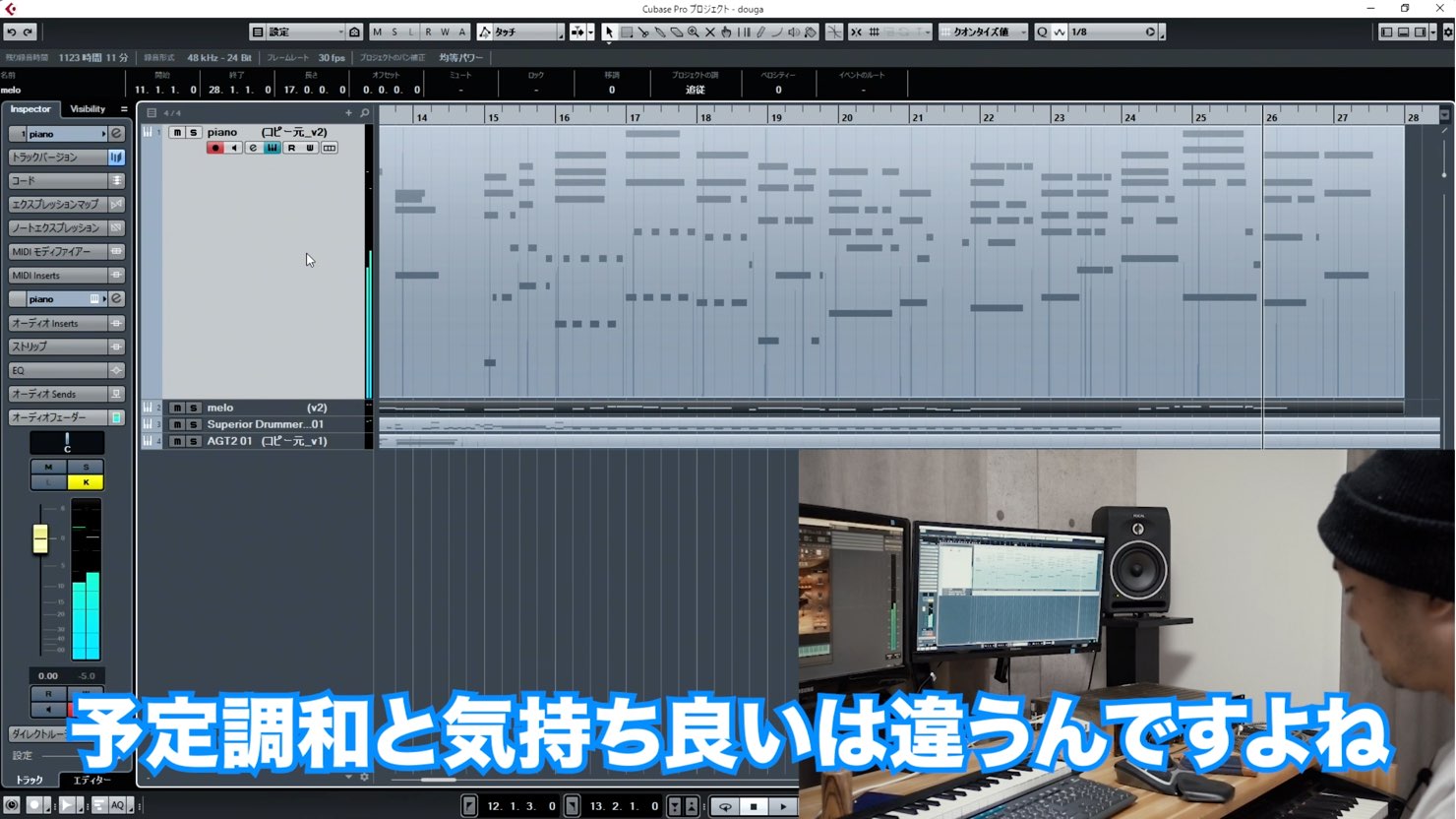
Making adjustments to avoid overly cliche conclusions is important for originality.
Successful song writers and arrangers make adjustments during this process, and keep in mind at which points to trick and excite the listeners by using unexpected chord progressions.
Try keeping this in mind at all times when listening to music.
You’ll learn to recognize at what points the song has tension that resolves in a satisfying way, and will help you in your own song writing.
What Kind of Chord Progression to Use in the Chorus
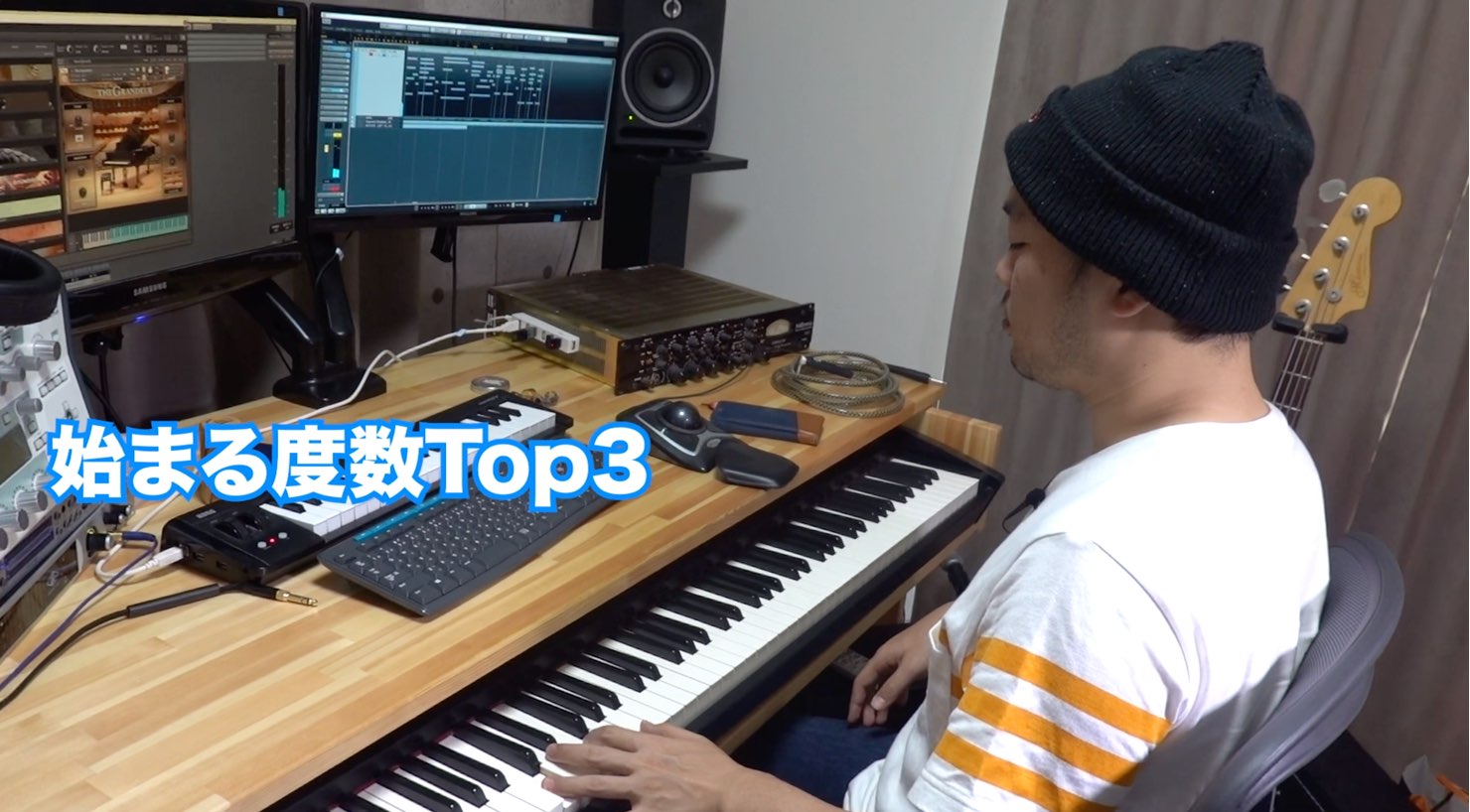
To avoid using the same chord progression over and over, it’s important to study and analyze famous and successful songs by amazing song writers.
By writing down chord progressions by degree name (i.e. II-V-I), you can use them in different keys and chords as well.
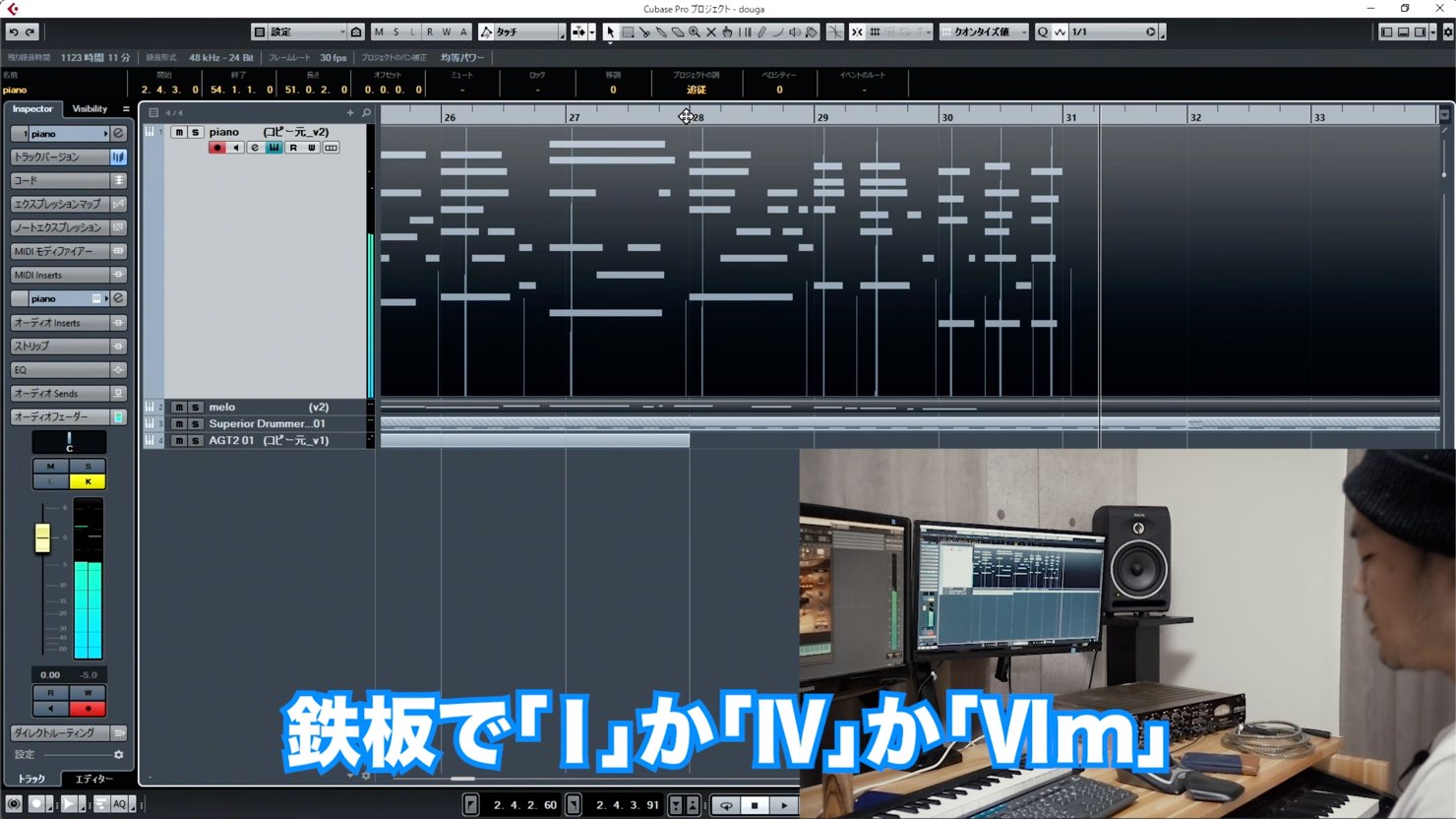
By analyzing hits, you’ll realize that they share alot of the same progressions.
First analyze songs that you like, and keep track of chord progressions that you like to use them in your own songs.
This will inevitably lead to originality.
Even if You Don’t Know Music Theory…
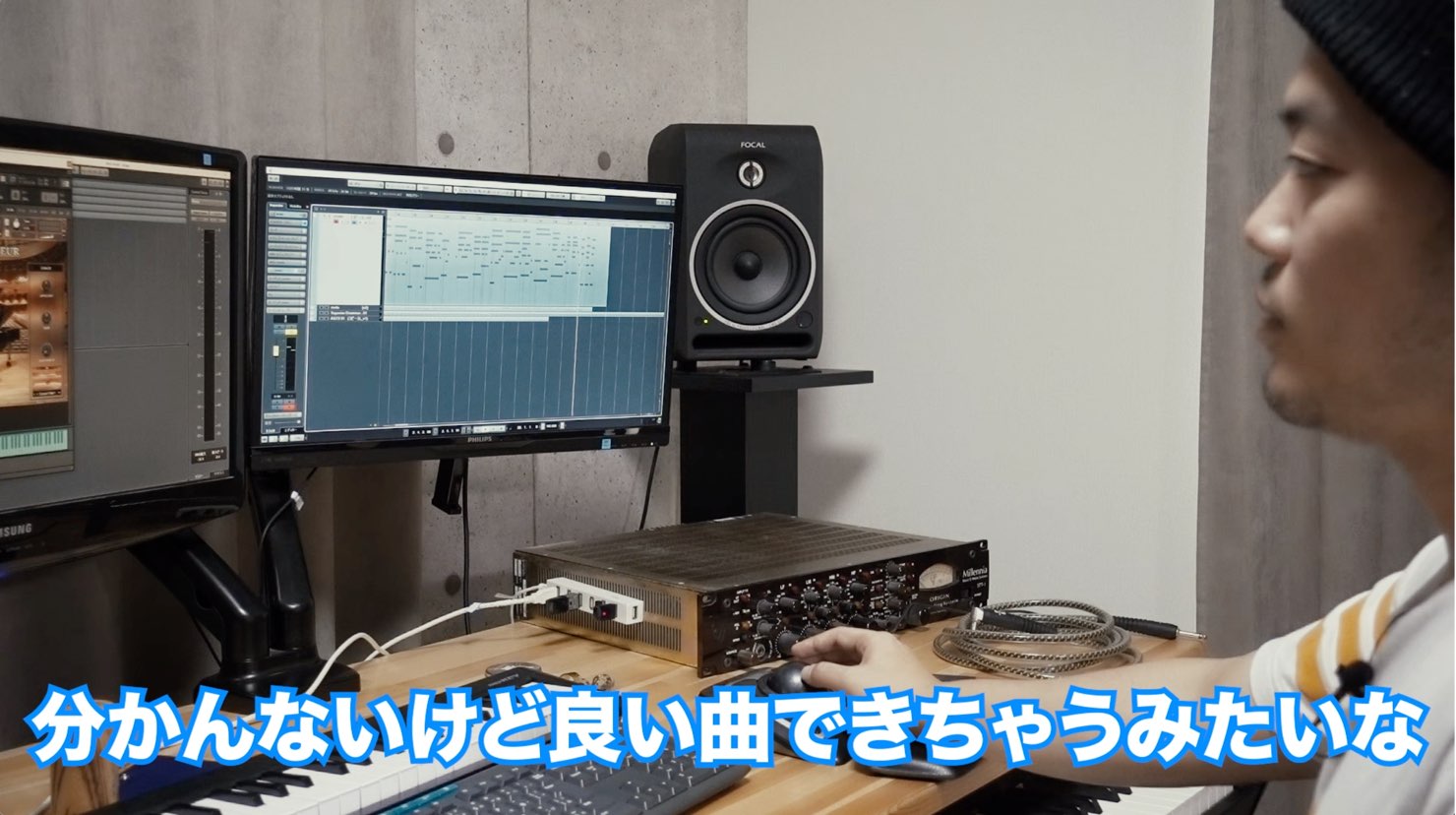
There are individuals who can create amazing melodies without knowing music theory.
However, these individuals may often have producers and arrangers that help give them advise as well.
Because of this, I highly recommend having some prior knowledge by studying up on theory.
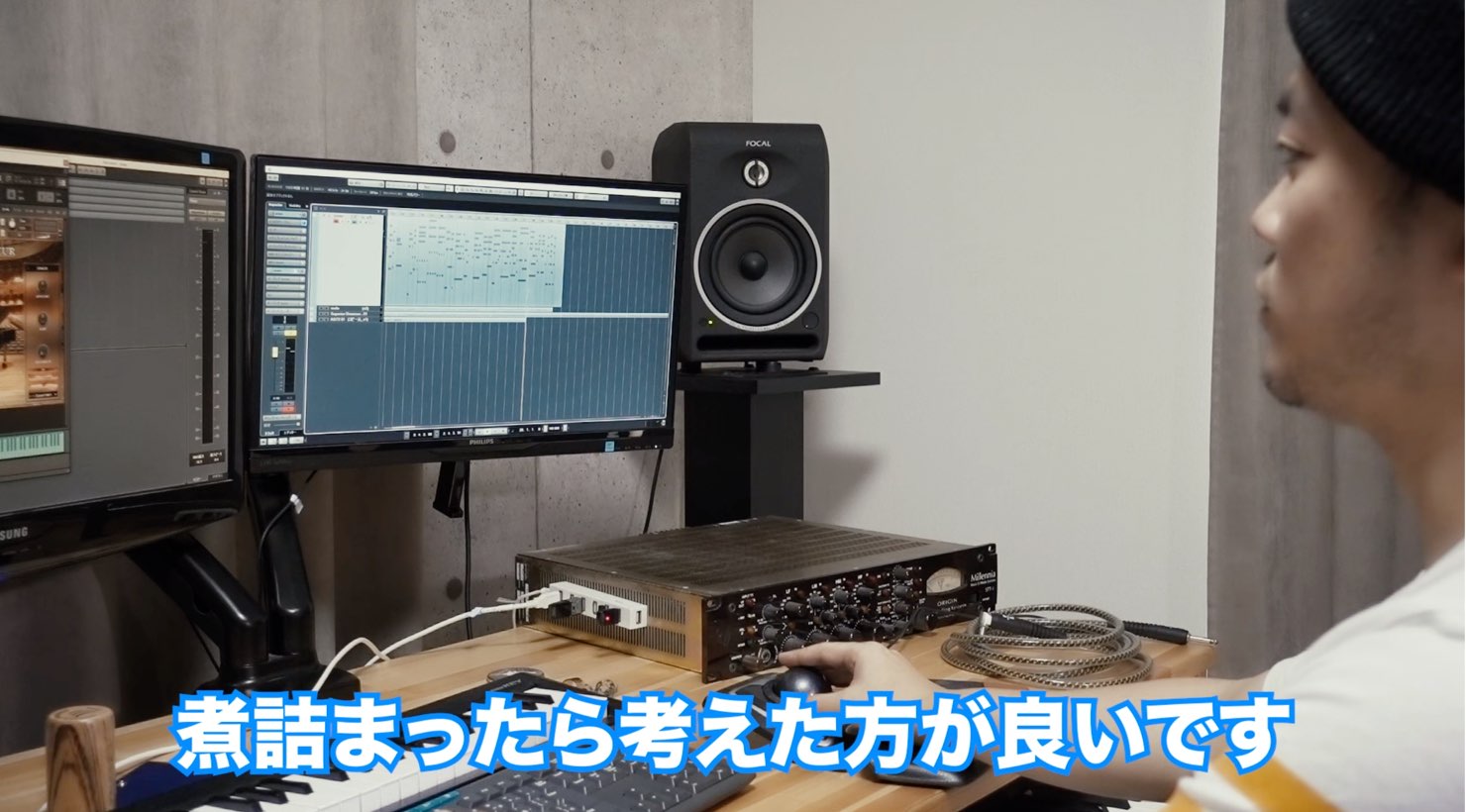
Having melodies that come to you naturally without thinking about theory is ideal, but writing mass amounts of songs without any theory knowledge is difficult, and often time consuming.
Music theory is useful for analyzing songs as well as thinking about the track from a listeners perspective.
What to Keep in Mind when Writing Pop Music
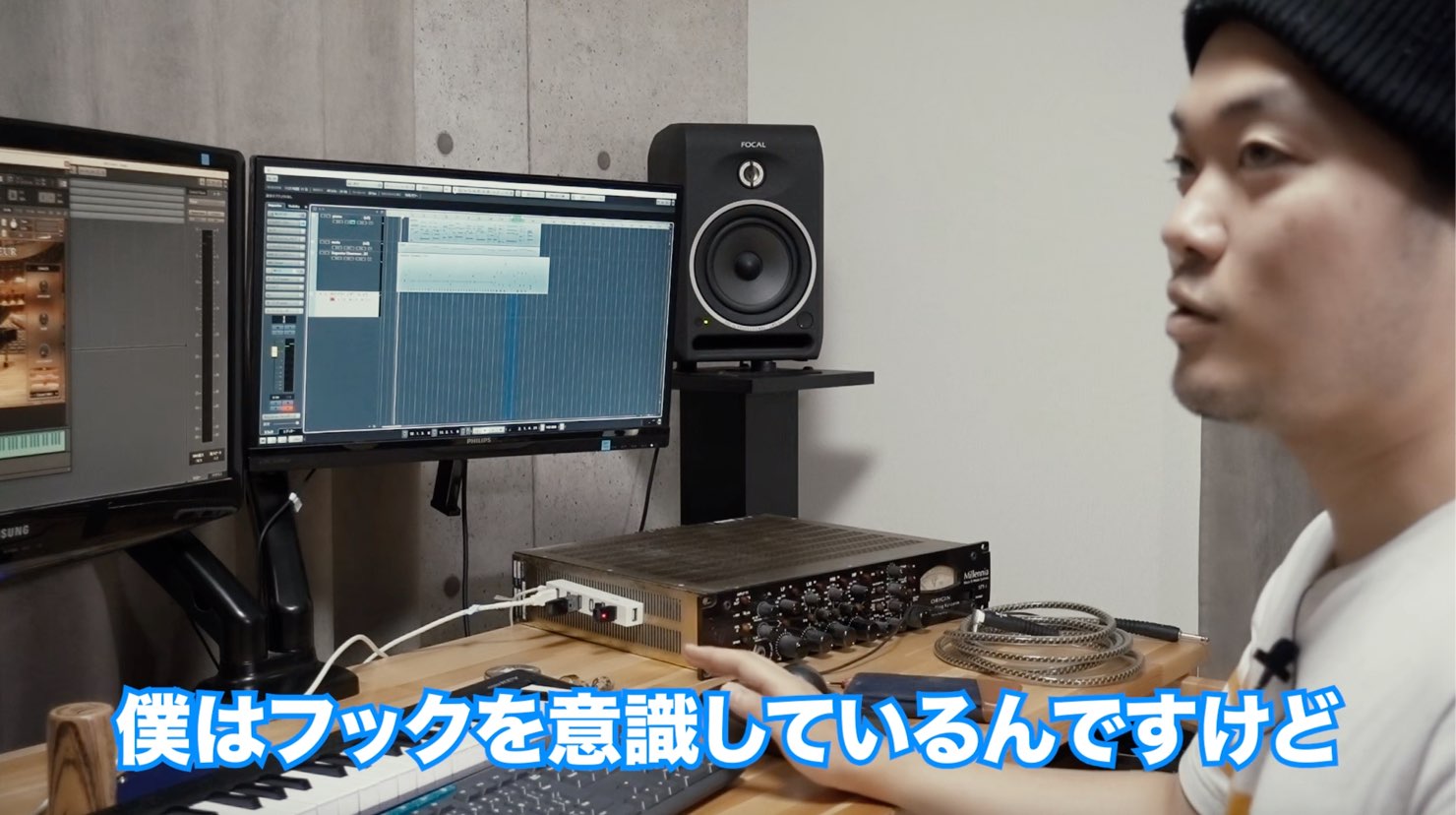
When writing a song, it’s important to know what point will grab the listeners attention (hook).
The ability to picture how the listener will experience your song is essential for getting your songs chosen out of the plethora of existing songs and song writers.
By keeping this in mind at all times when listening to music, you can elevate your level of song writing.
A Song that Makes You Want to Listen to it More than Once
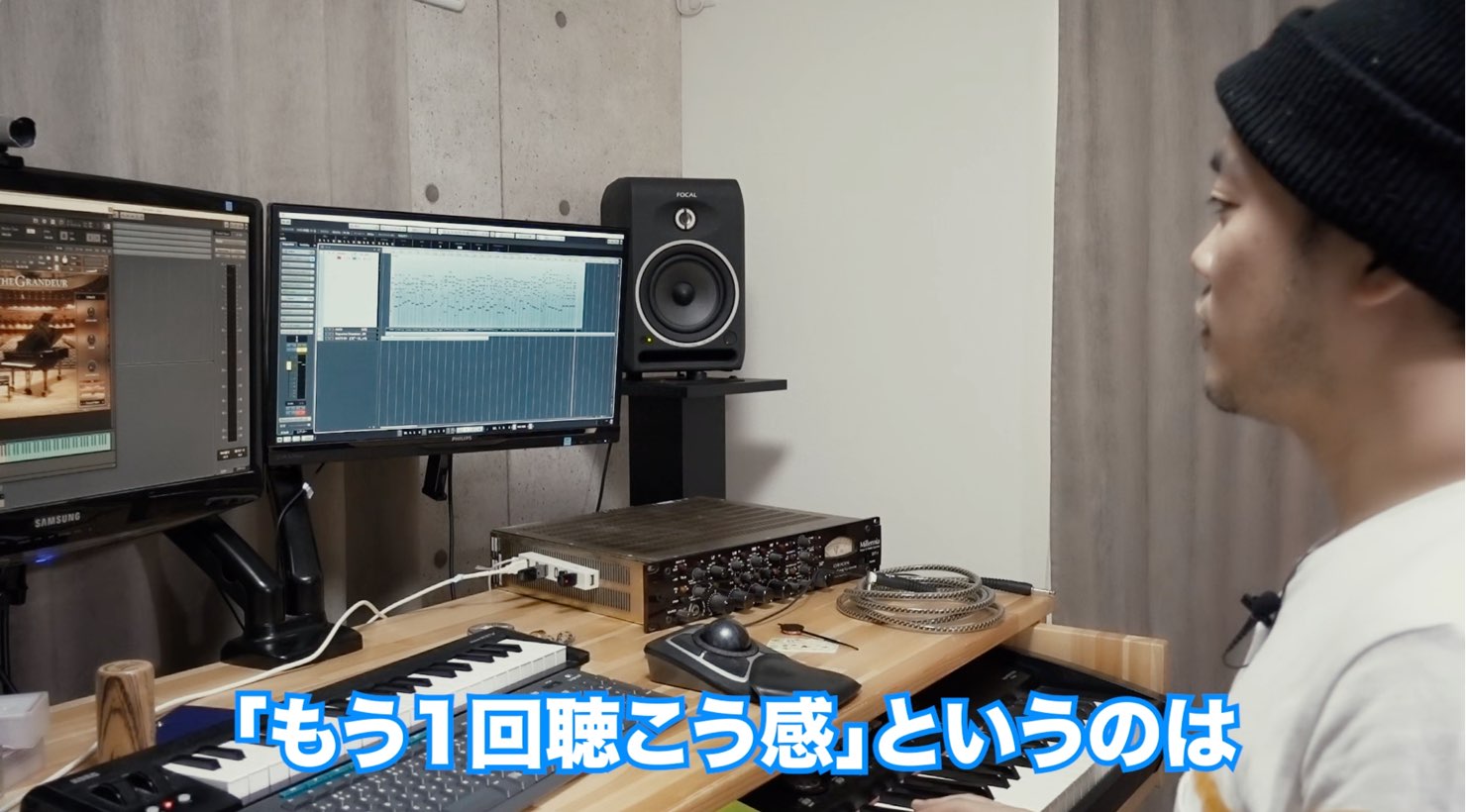
To make the listener think “I want to listen to that song again”, it’s important to have a good “intro” and “outro”.
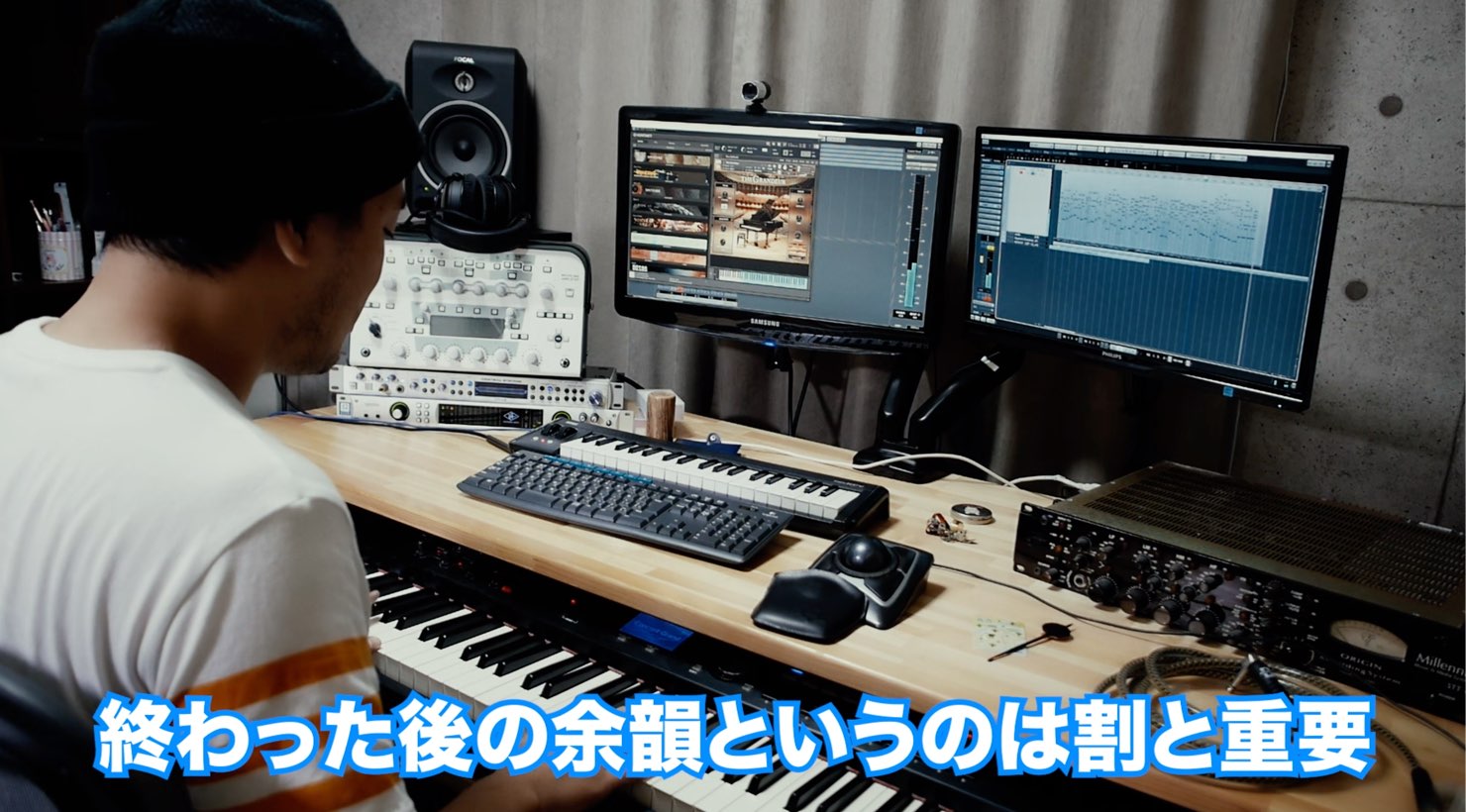
I believe many people emphasize a strong intro, but try studying and working on outro’s as well.
You may find new ideas and even hints that can be used in your songs.
Optimizing Workflow with Short Cuts
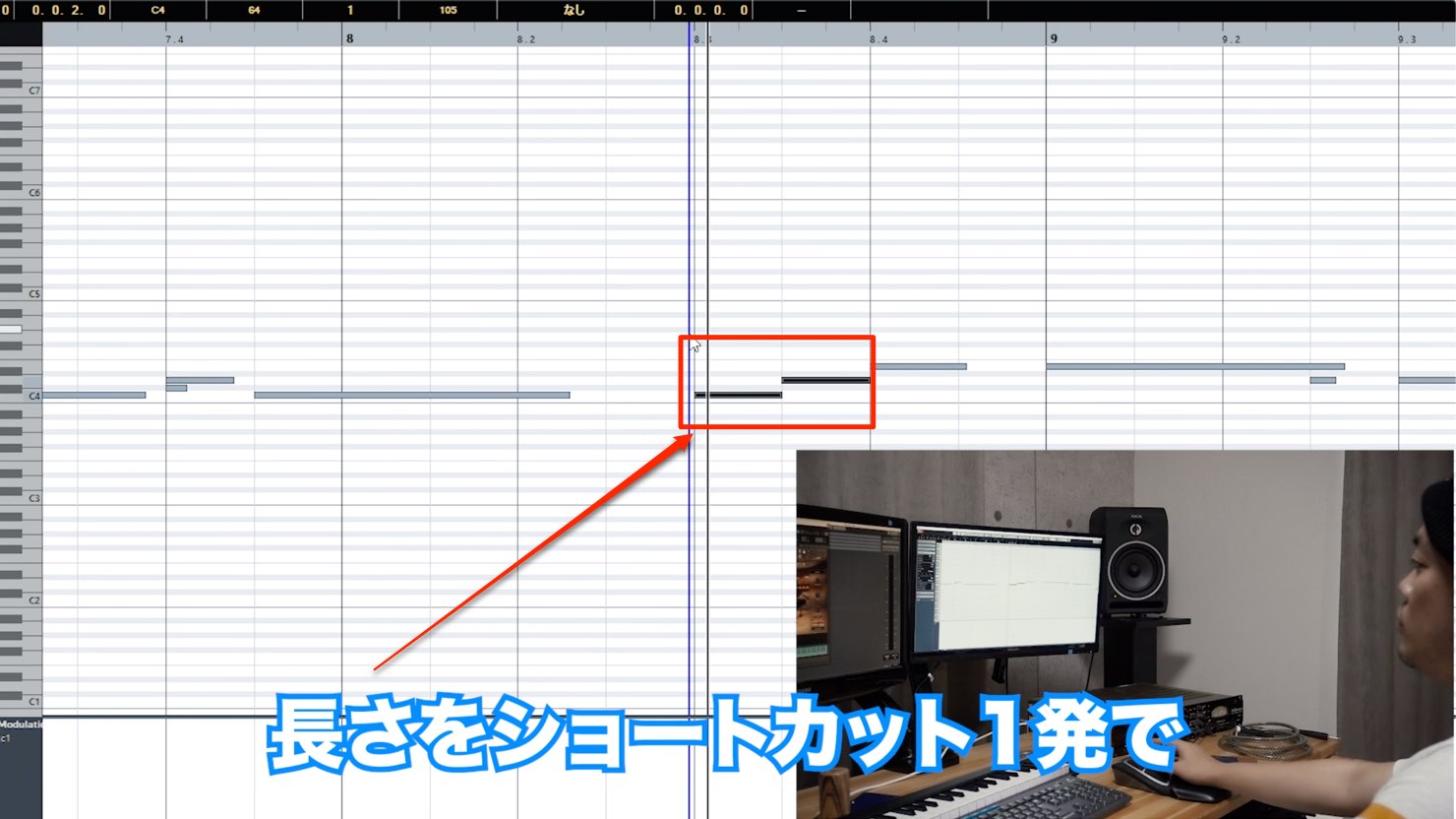
When you become a popular song writer, in addition to song quality, the ability to produce quickly is necessary.
By customizing short cuts in your DAW, you can keep your inspiration fresh and quickly make edits throughout the song writing process.
It is a shame to lose inspiration if you’re too busy trying to make edits.
(Adjusting MIDI note length in the picture above)
As an example,
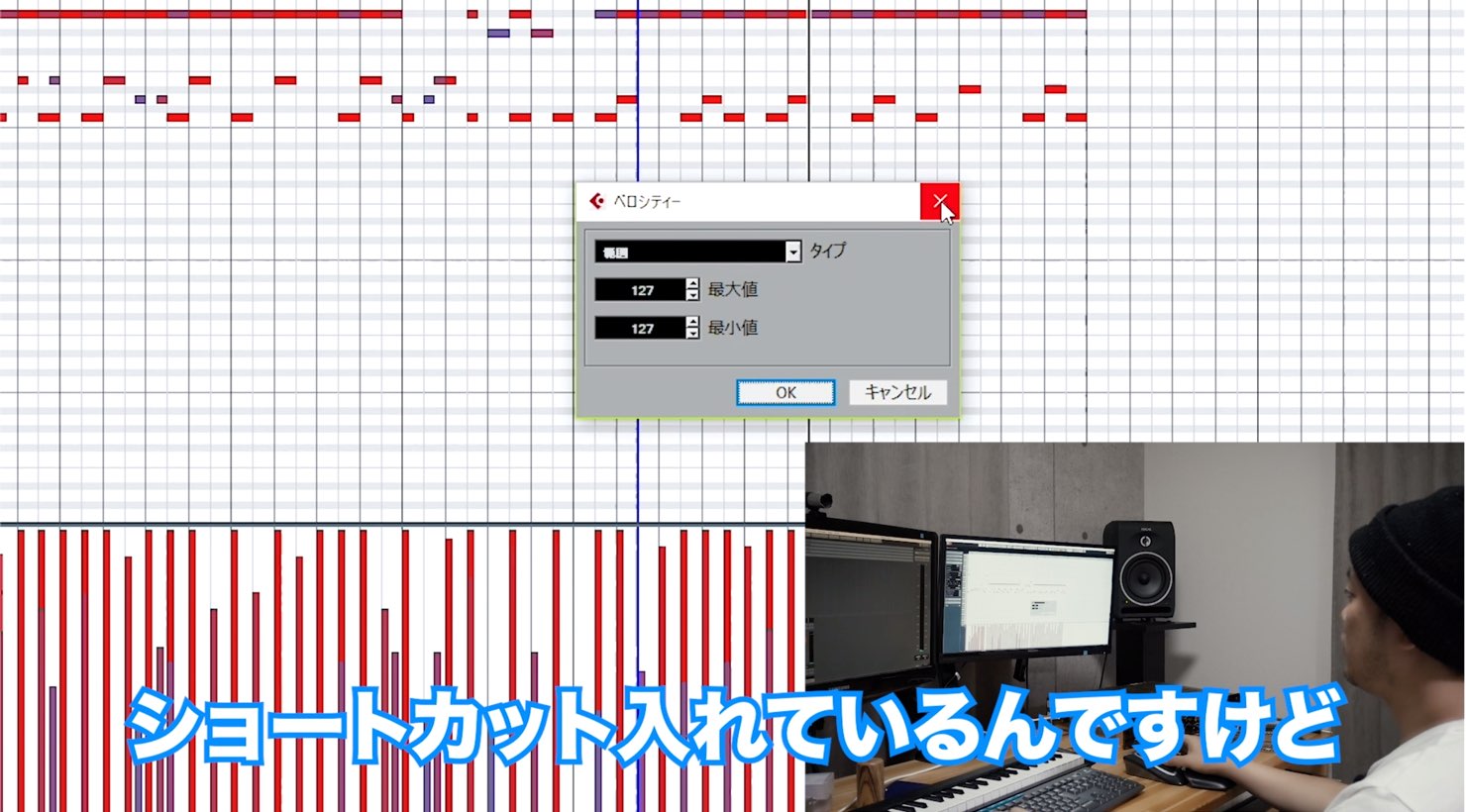
Setting the velocity to max (127) in one go
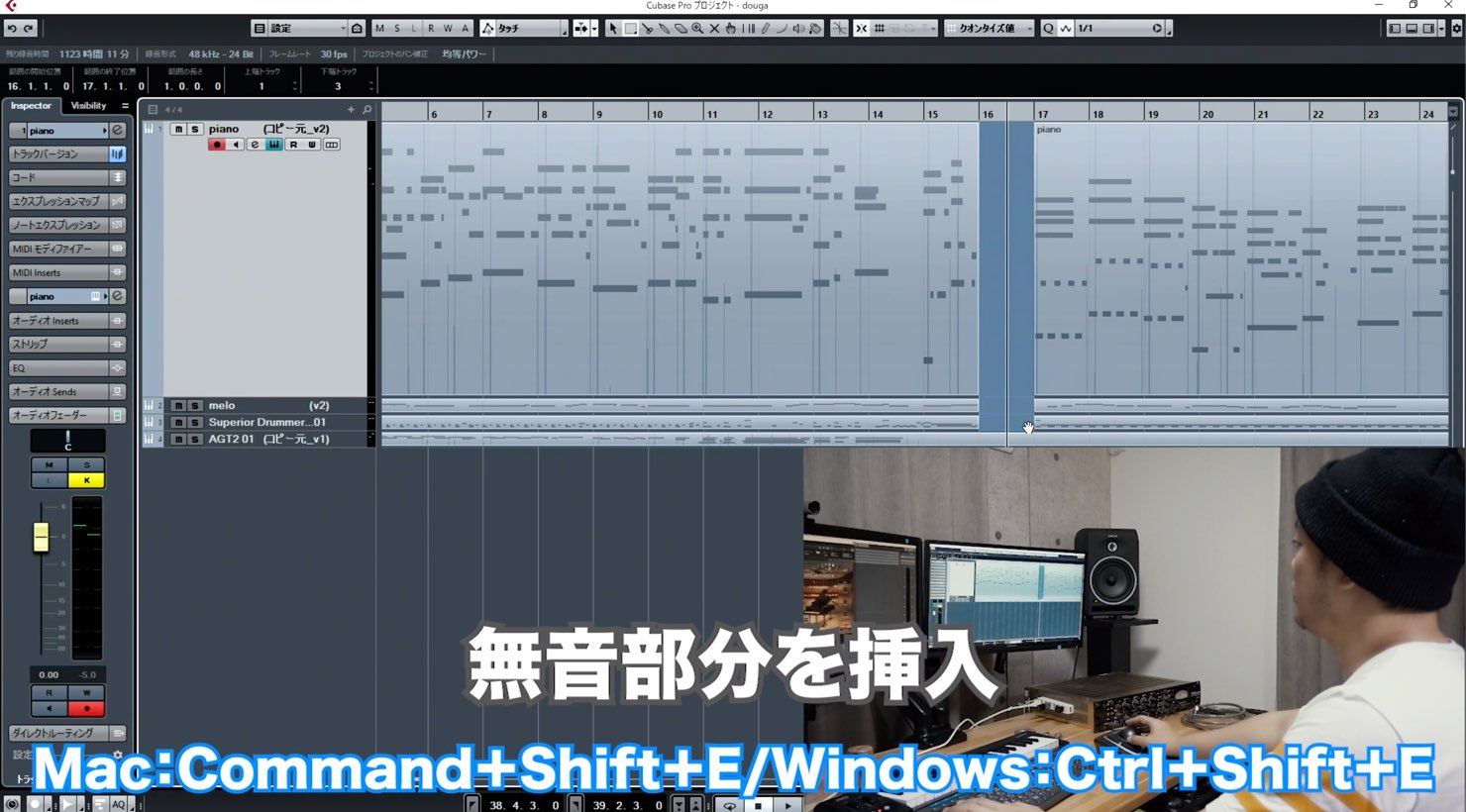
Cubase short cut “Enter empty bar”
Mac:Command + Shift + E
Windows:Ctrl + Shift + E
As seen, by knowing what shortcuts to use and customizing your own, you can optimize your workflow.
A Message for Aspiring Song Writers
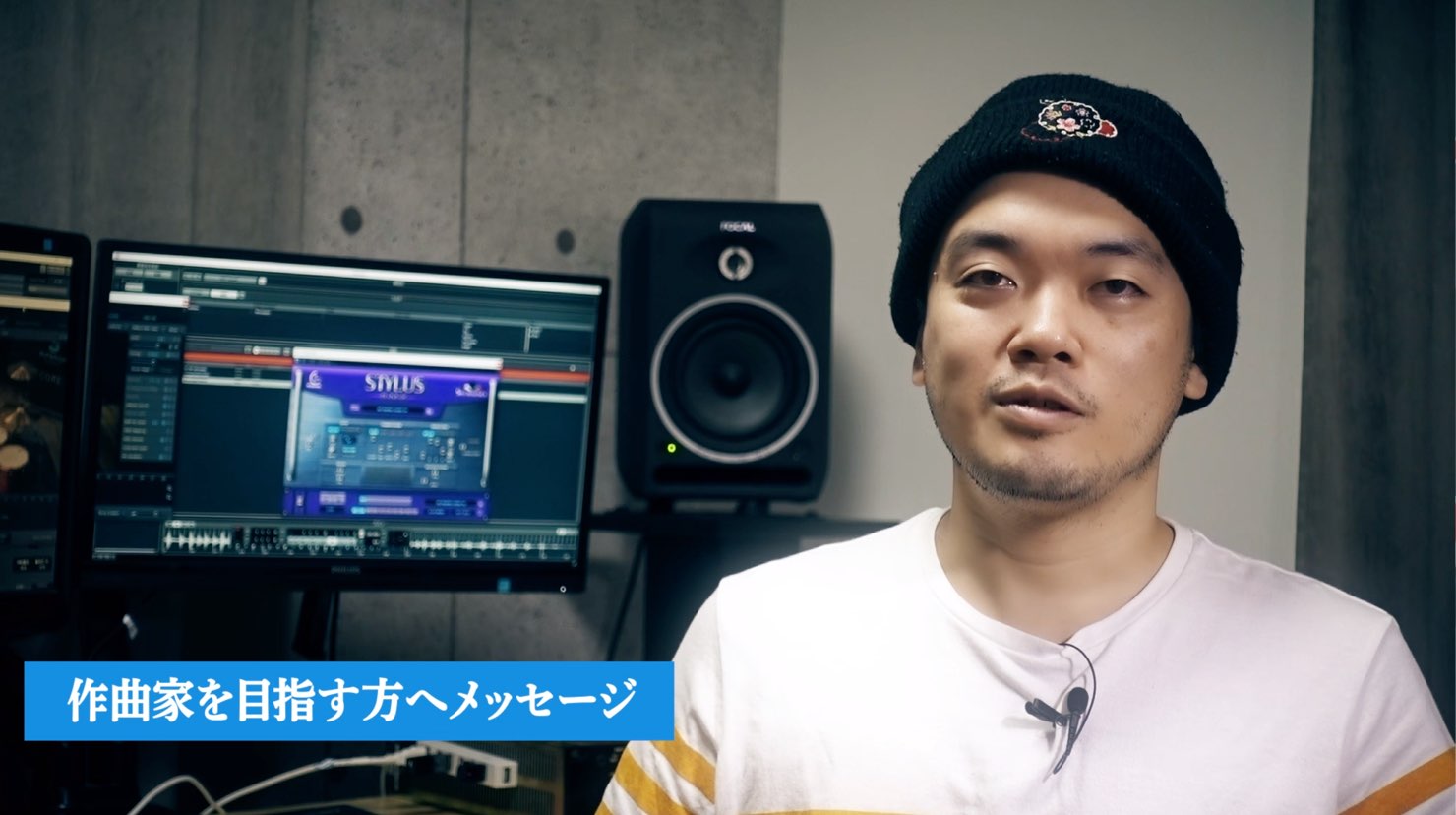
If you are looking to make a living with music, rather than simply focusing on what feels good, I believe that knowing what kind of sound is wanted while keeping it original and impactful is important.
By studying and working hard day by day, you will inevitably create good work.
Please try keeping this in mind and work hard to fulfill your dreams!
- CATEGORY:
- Production recipes







